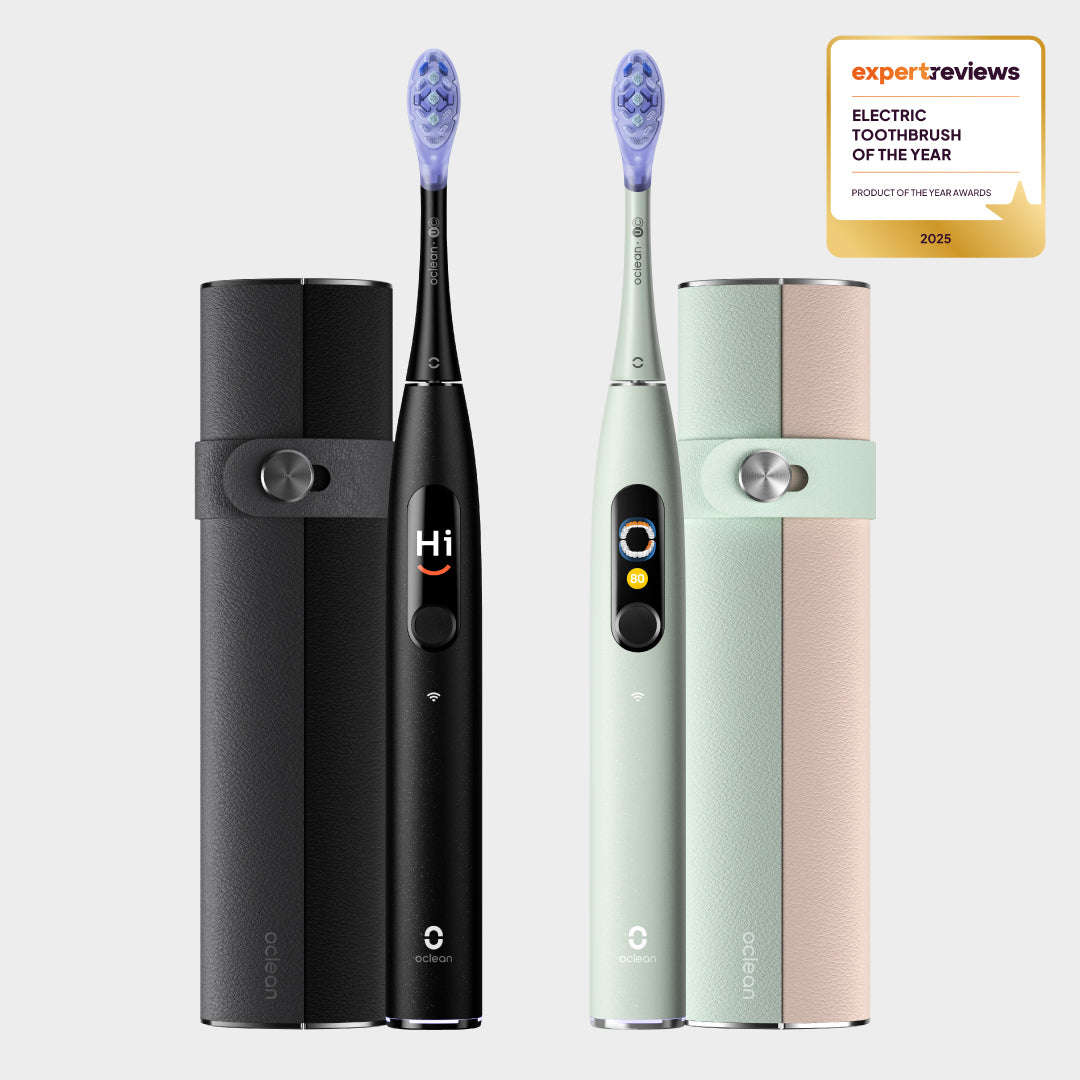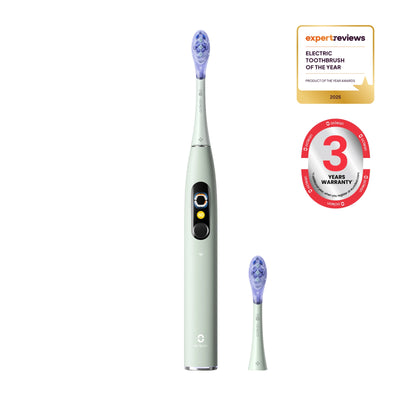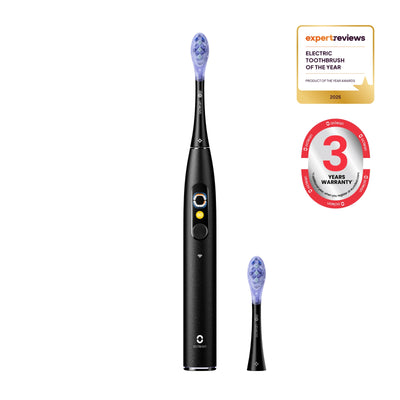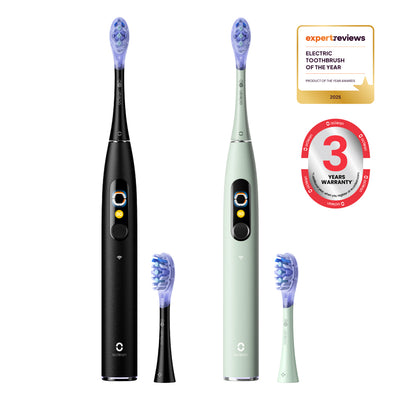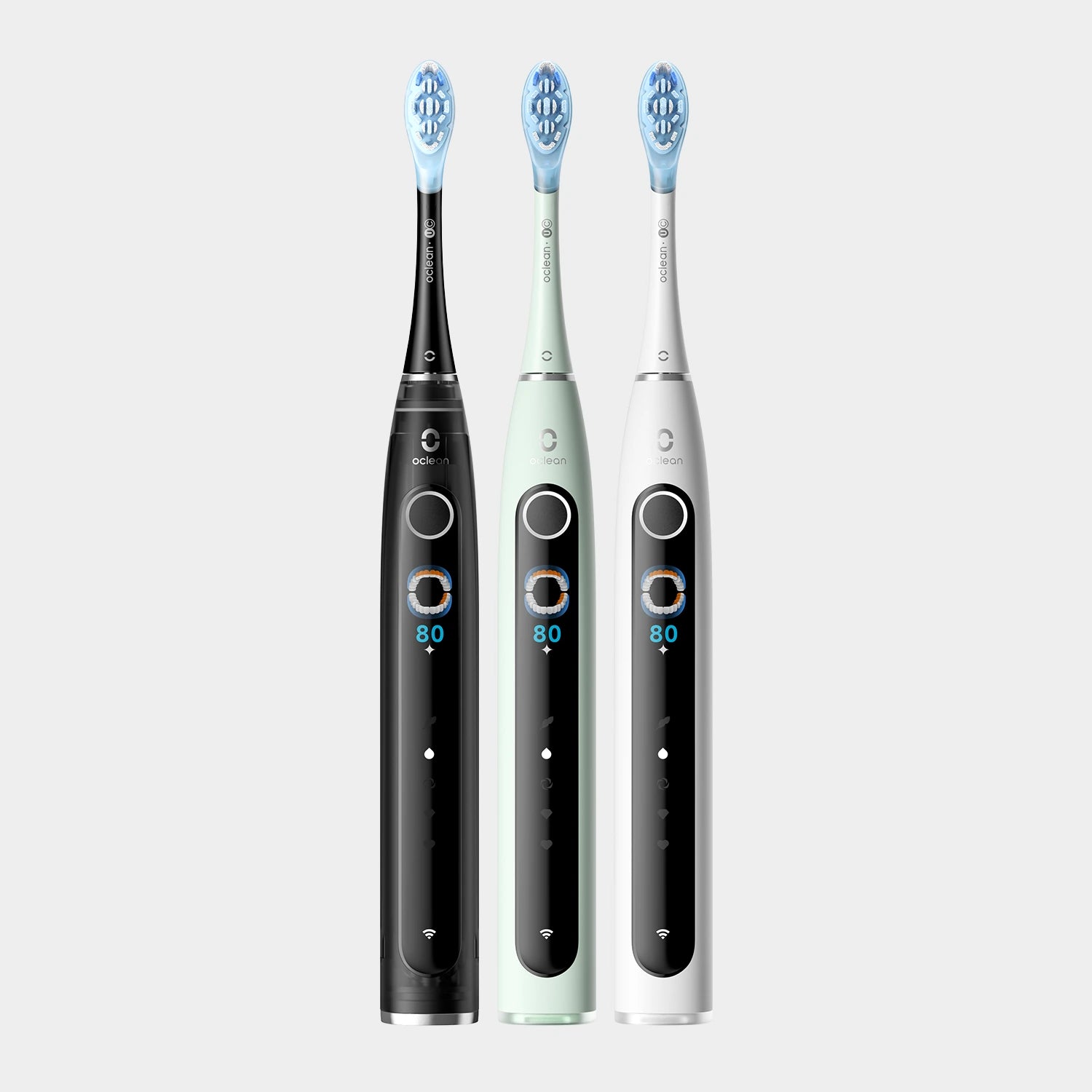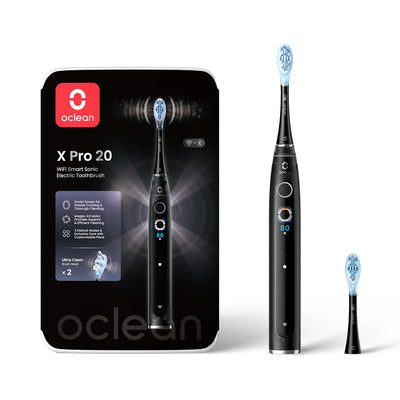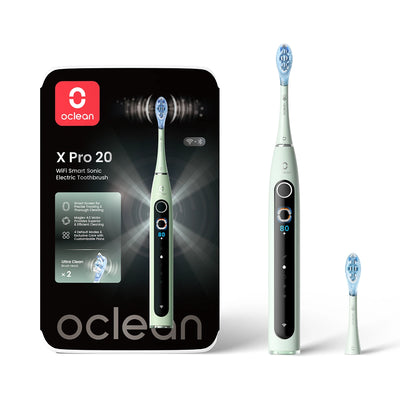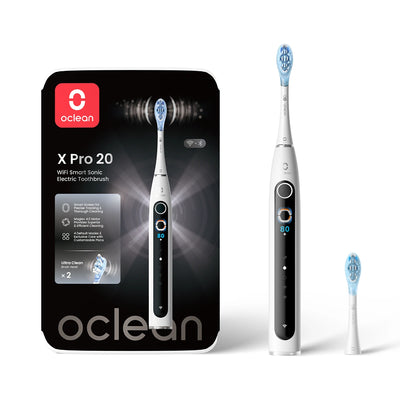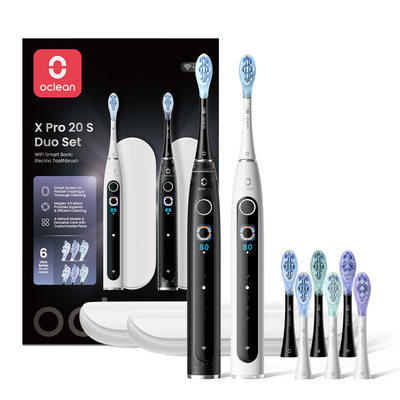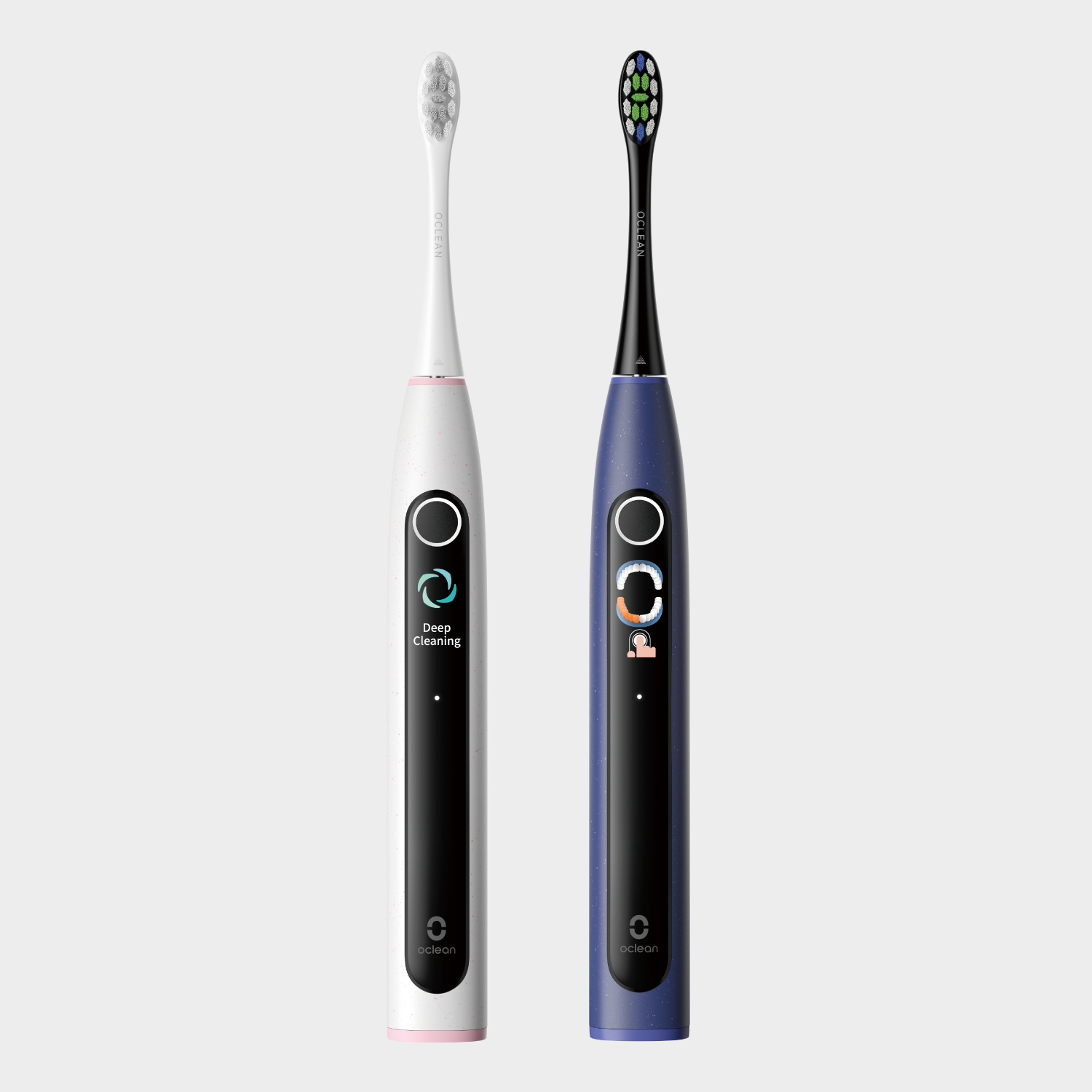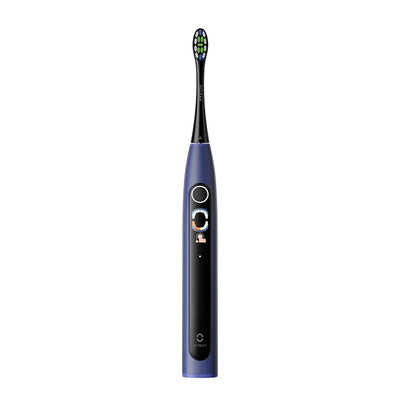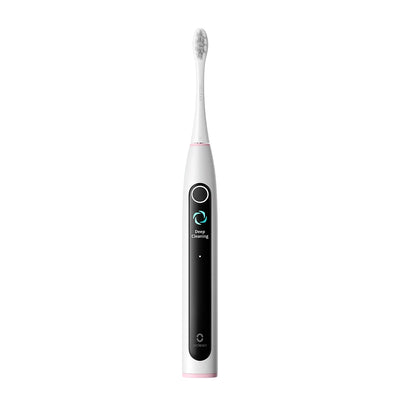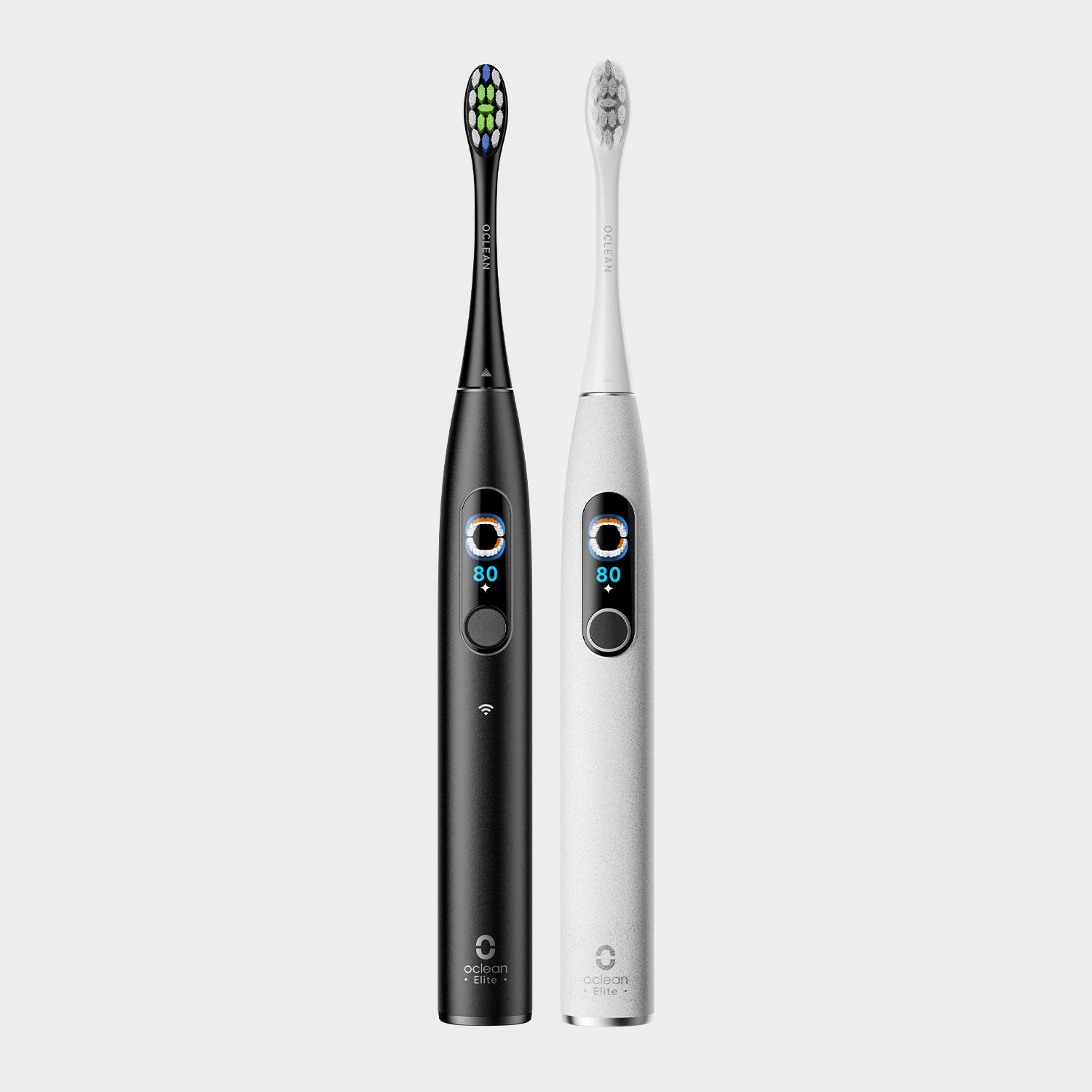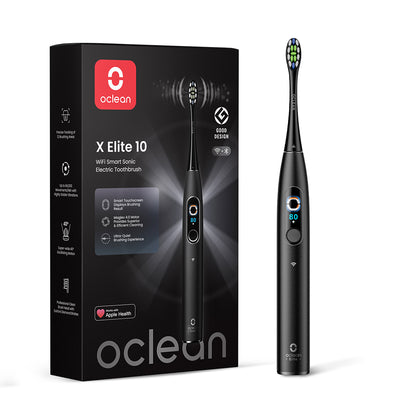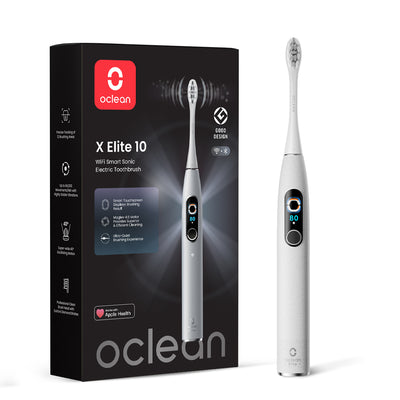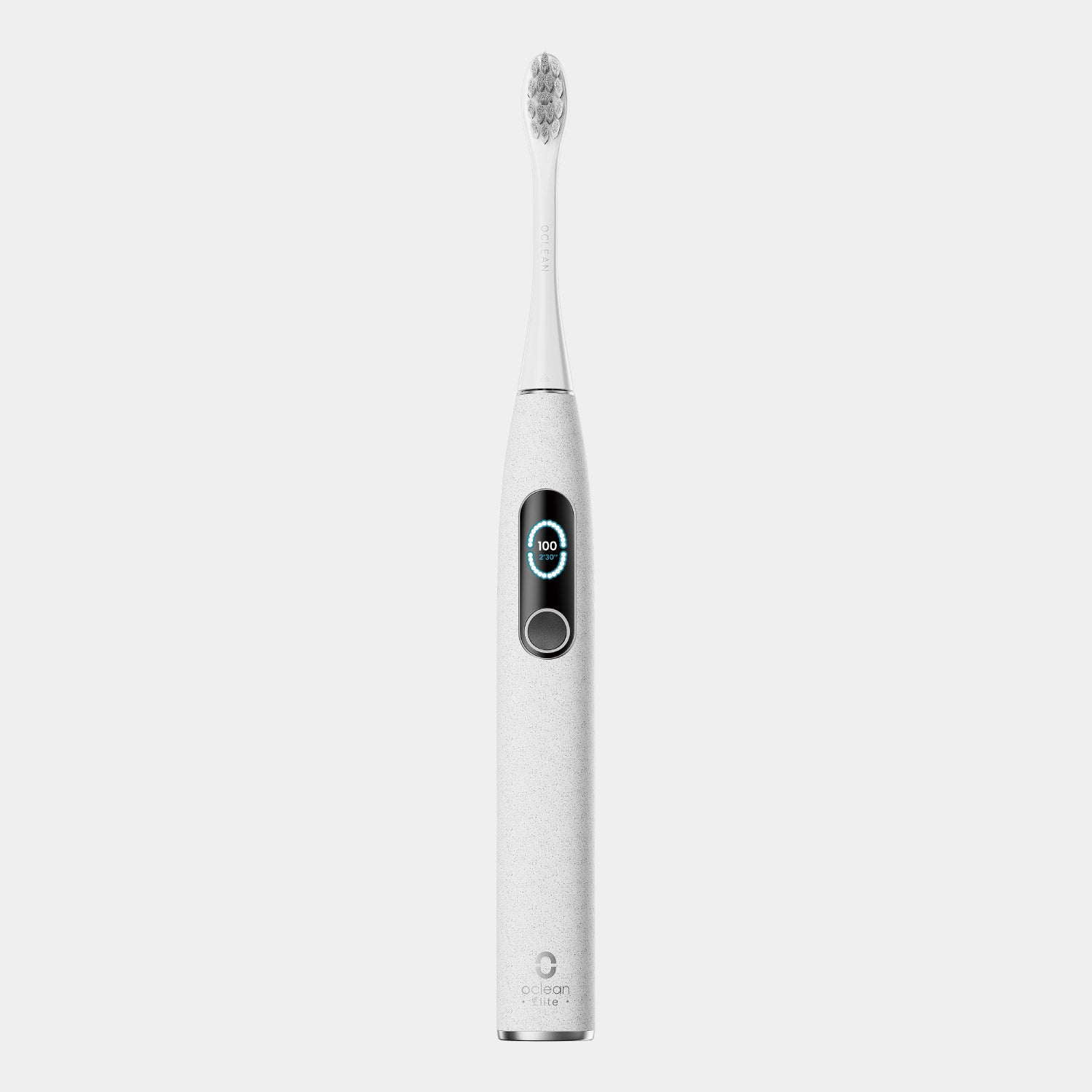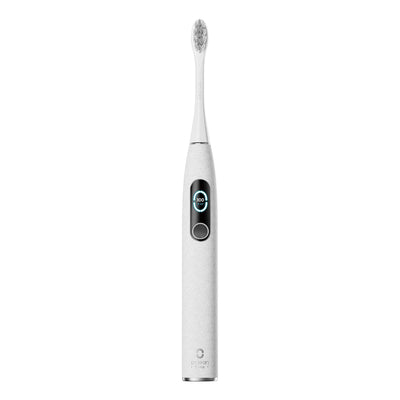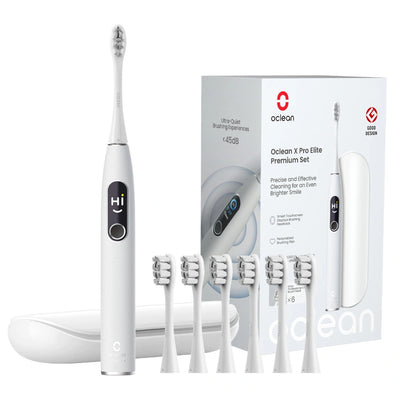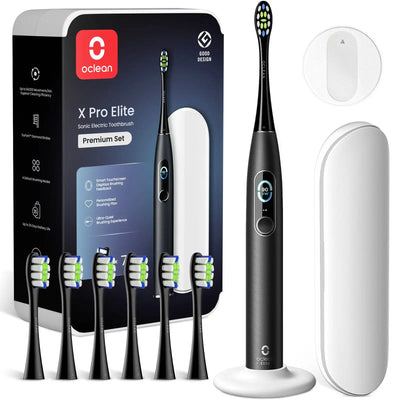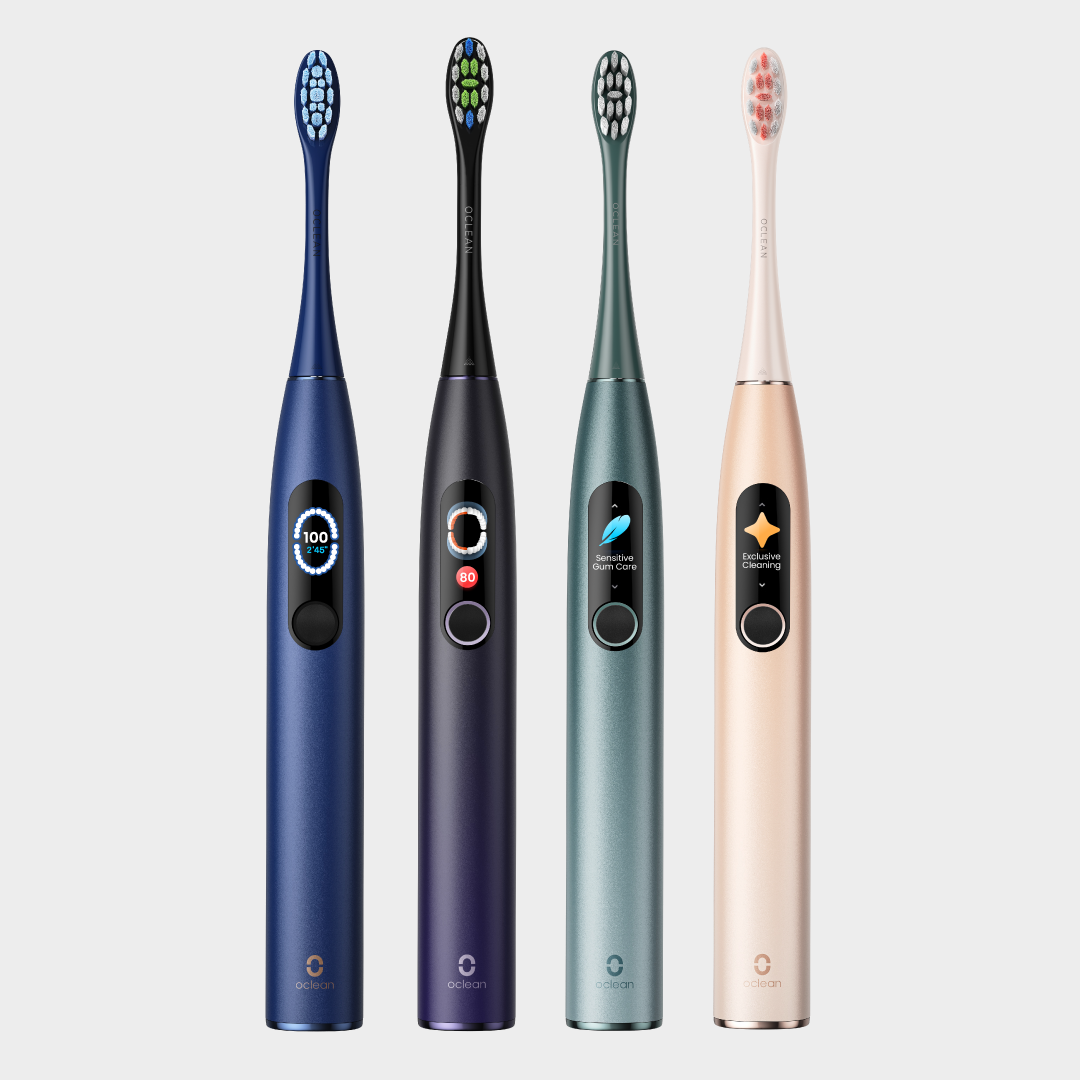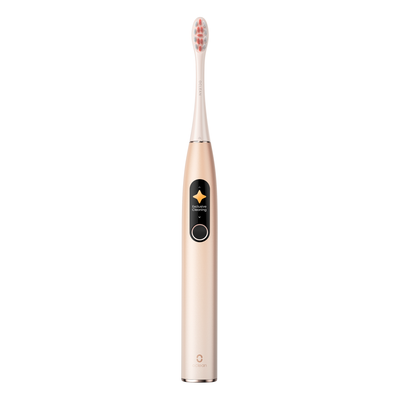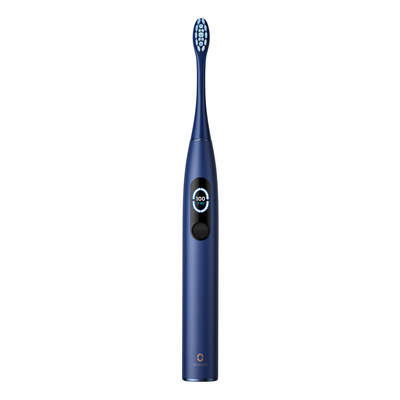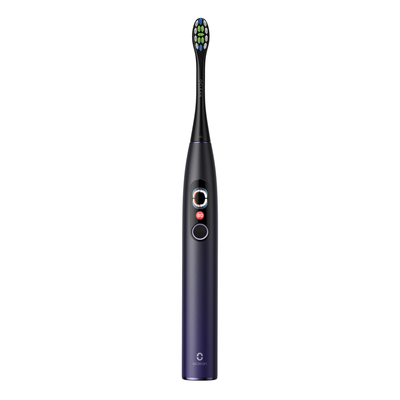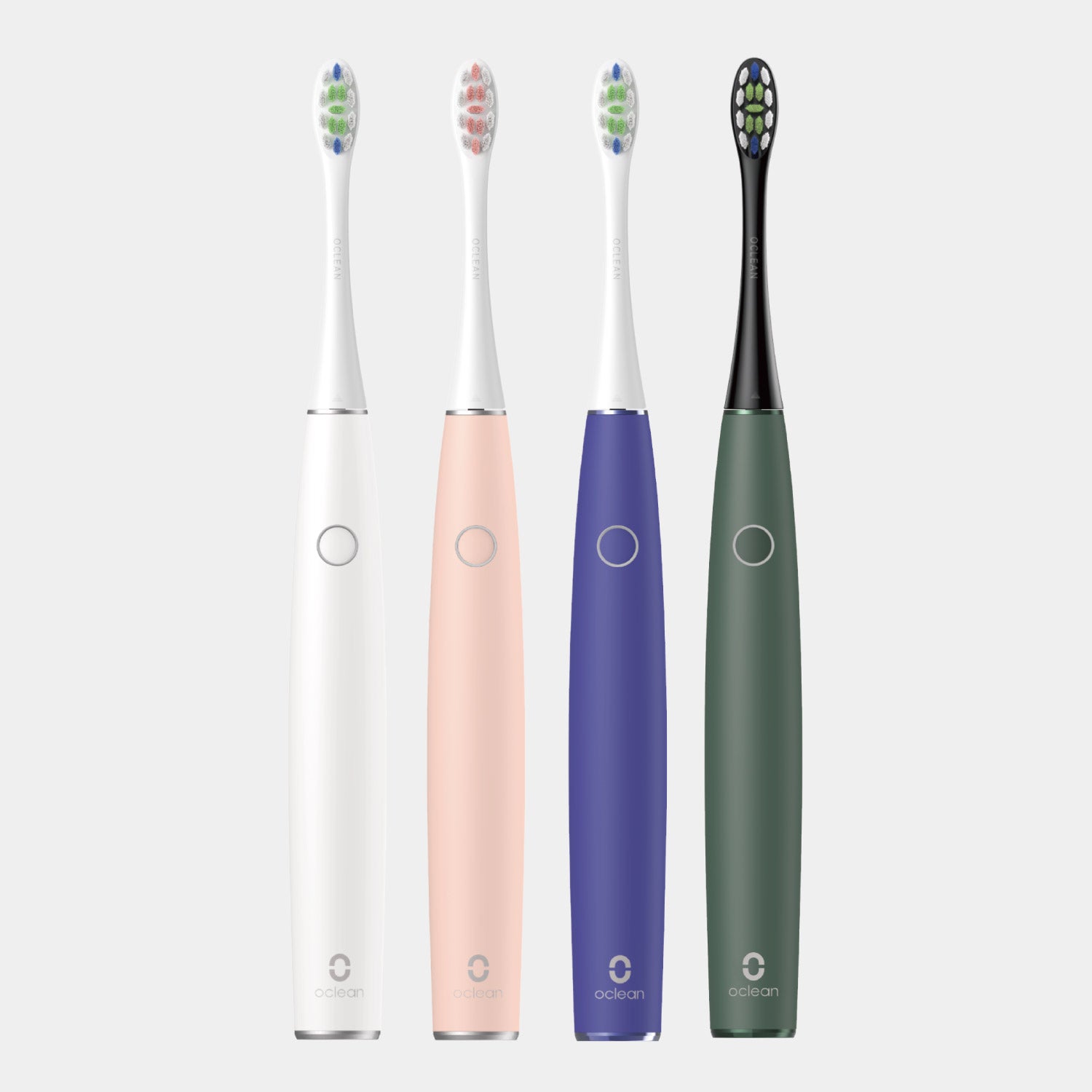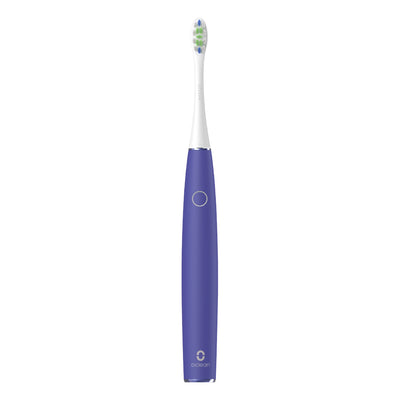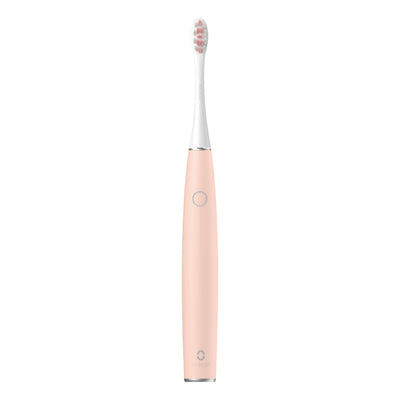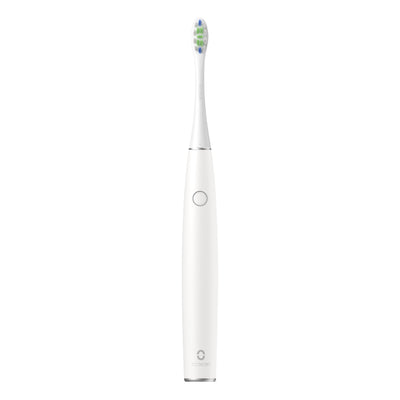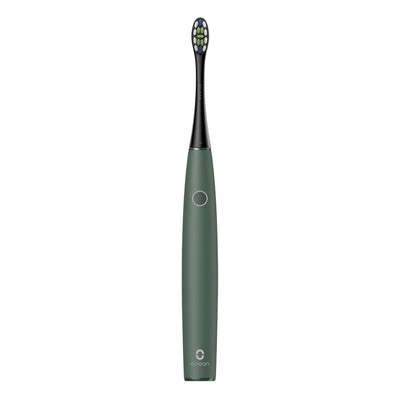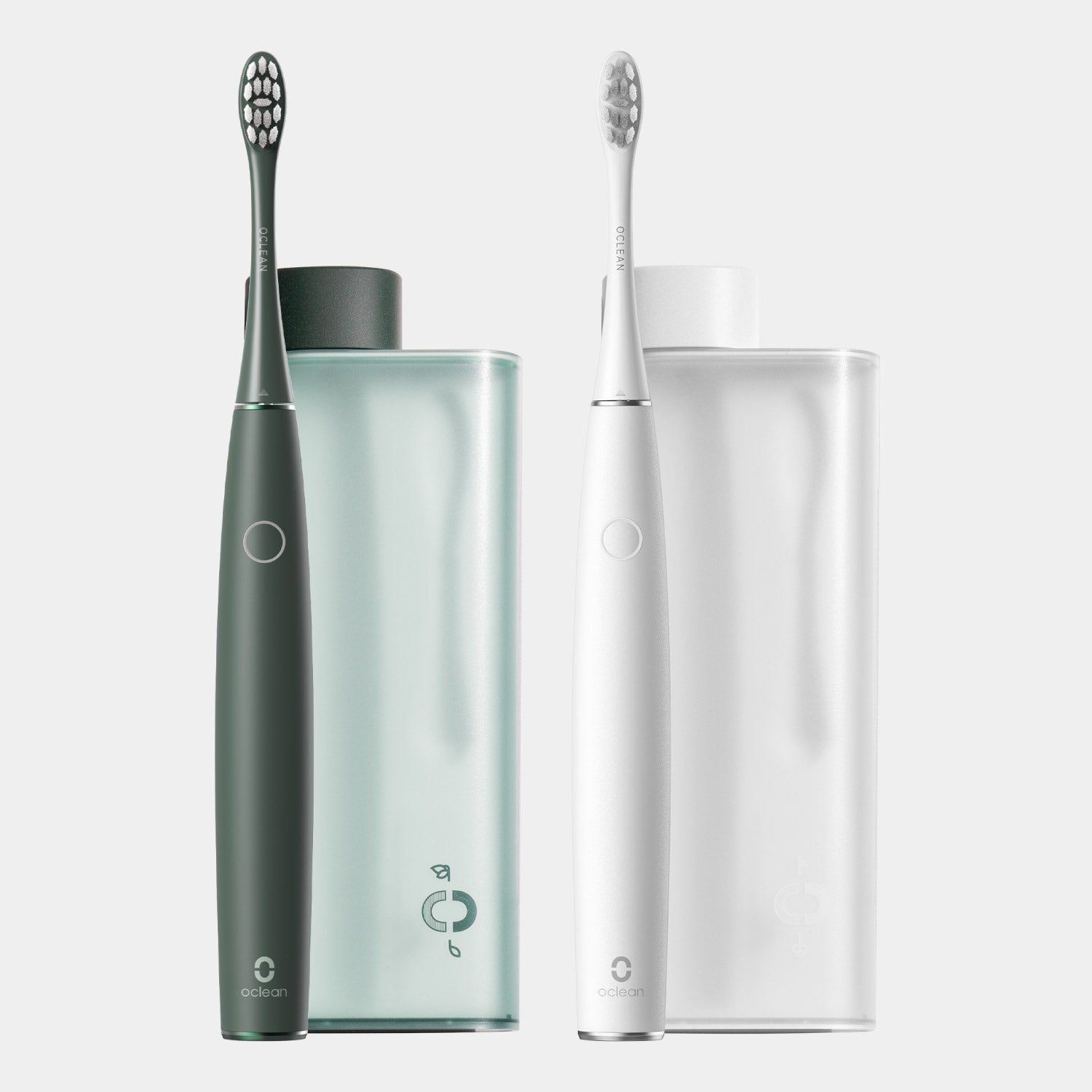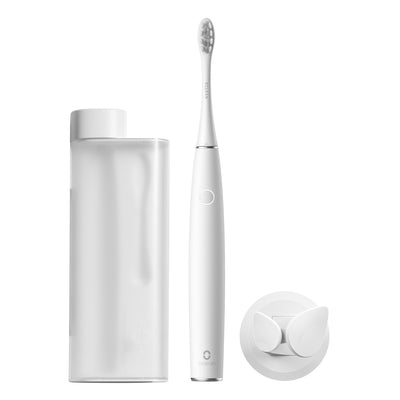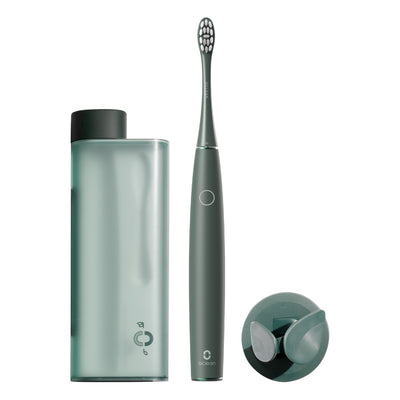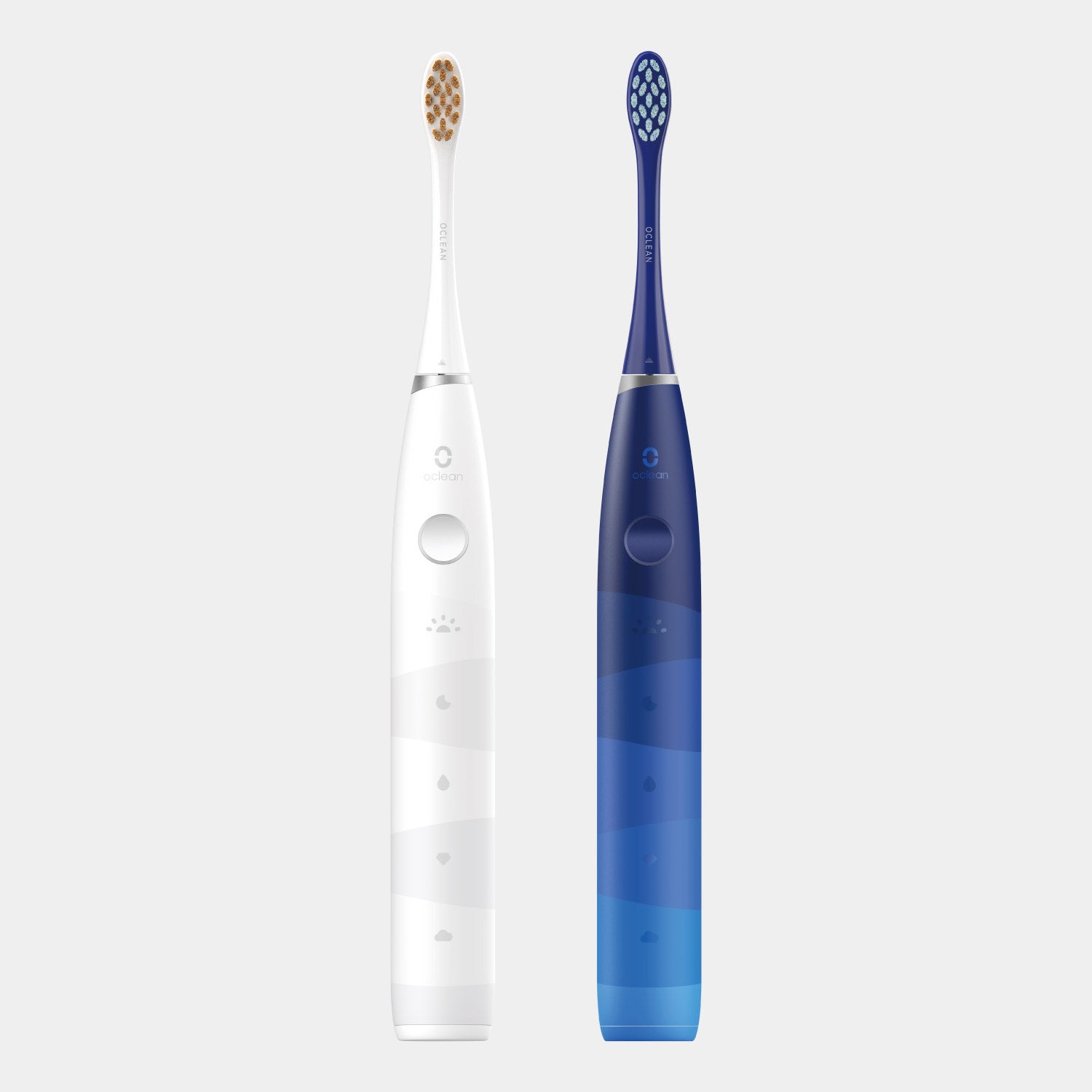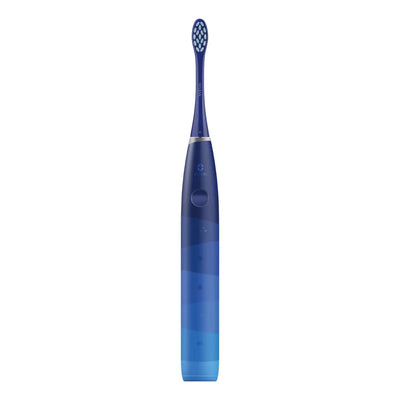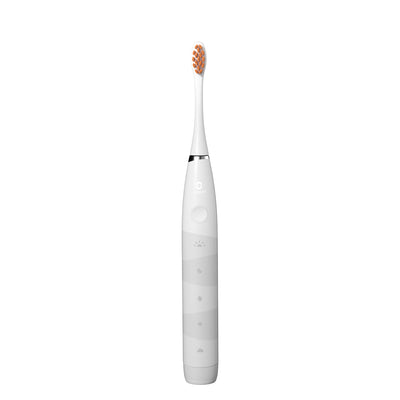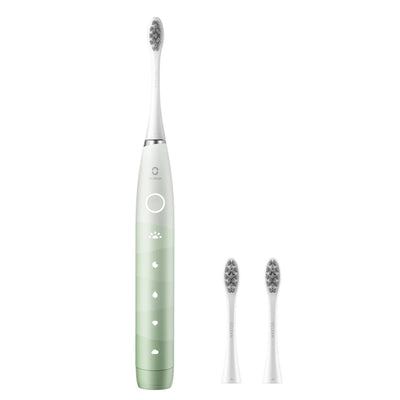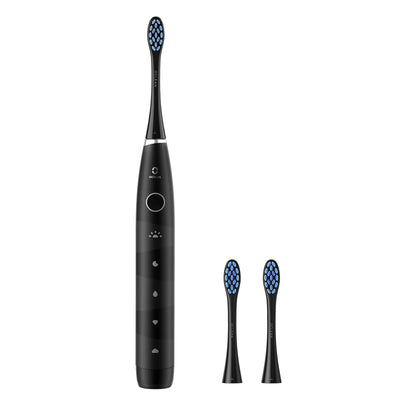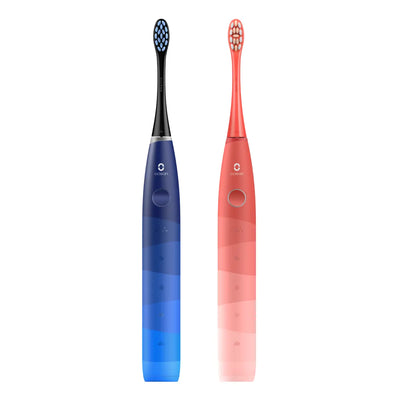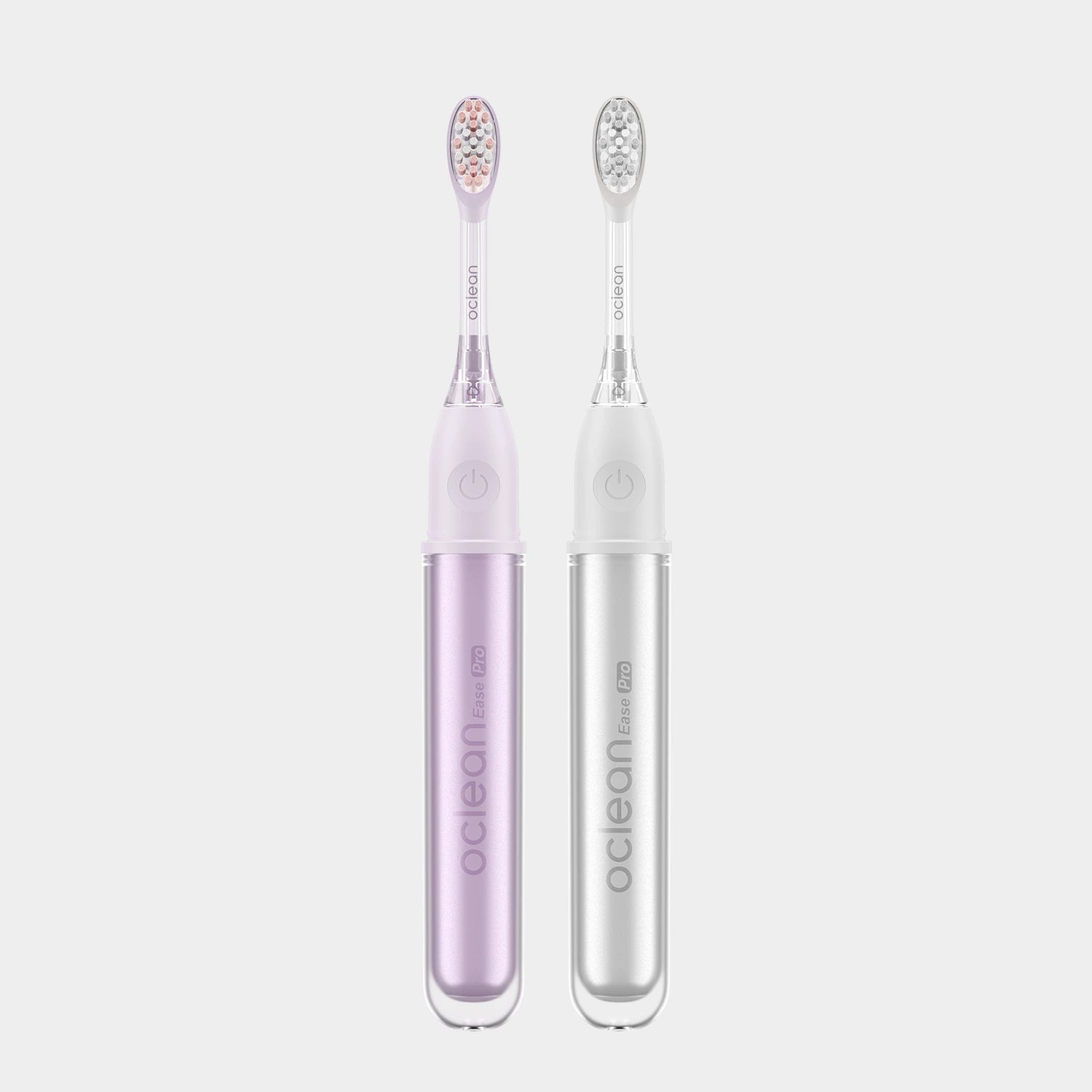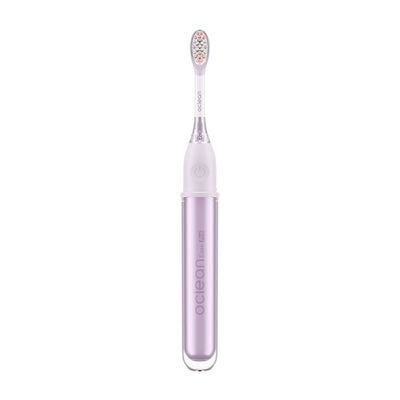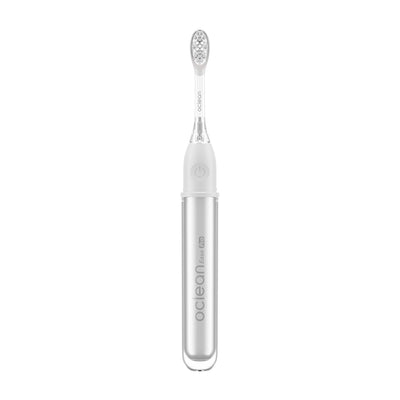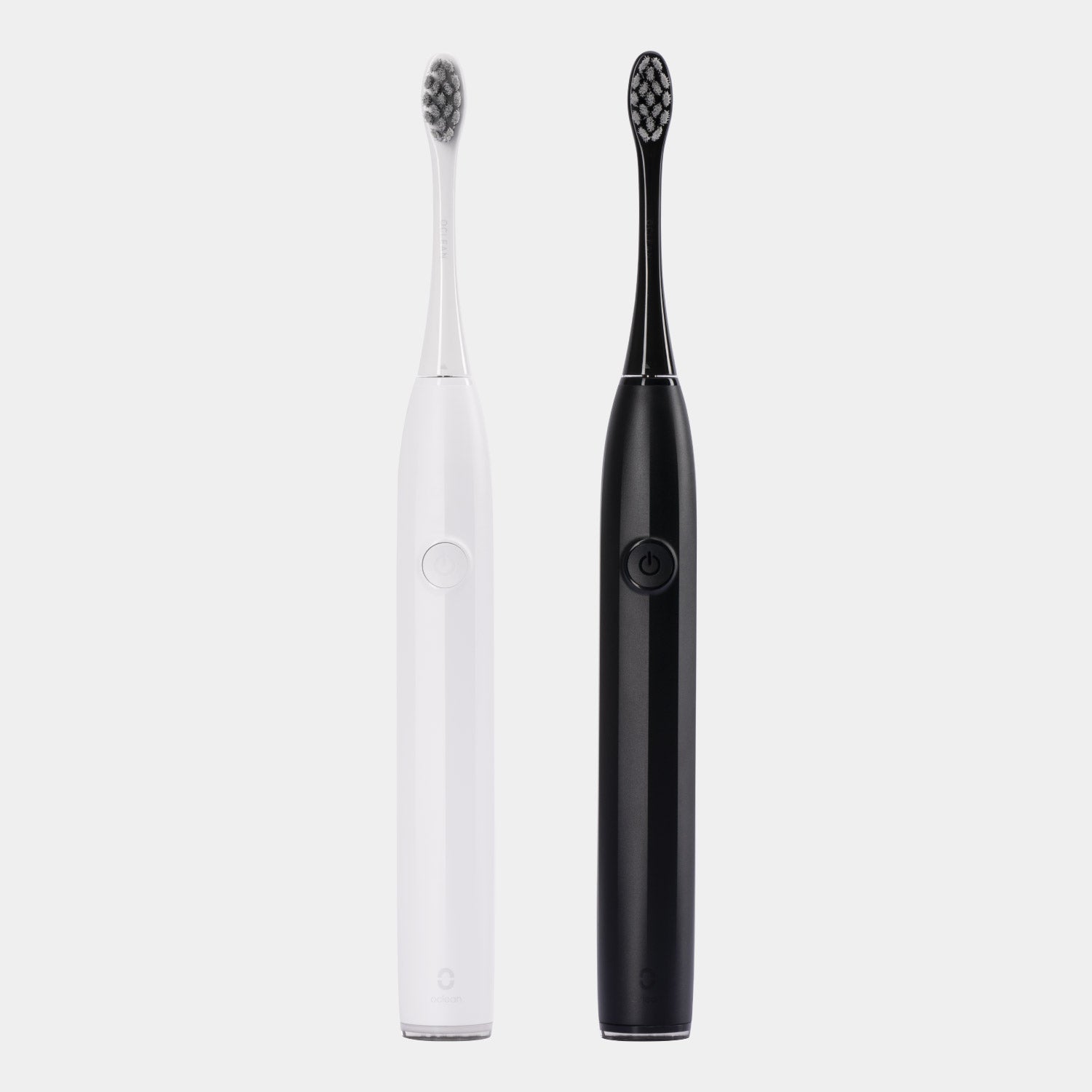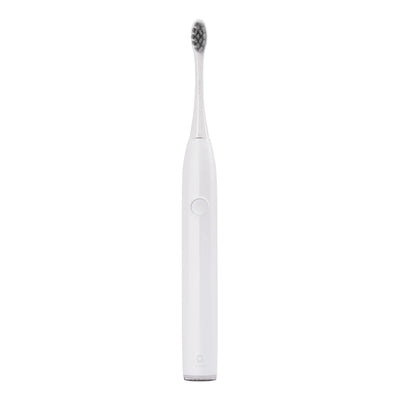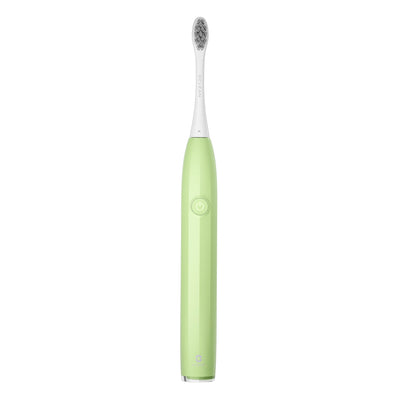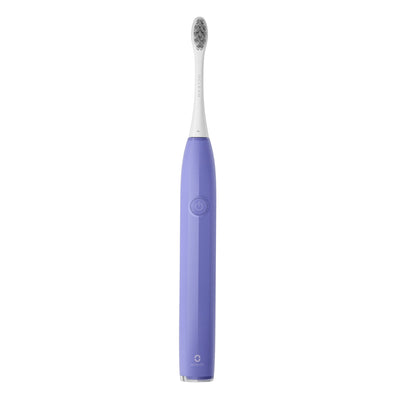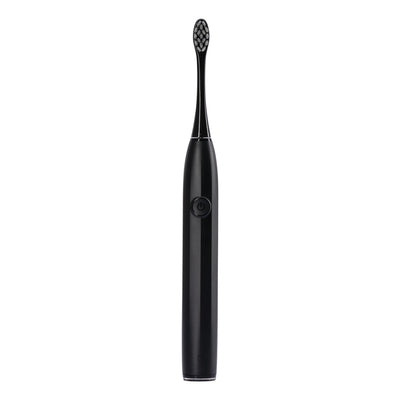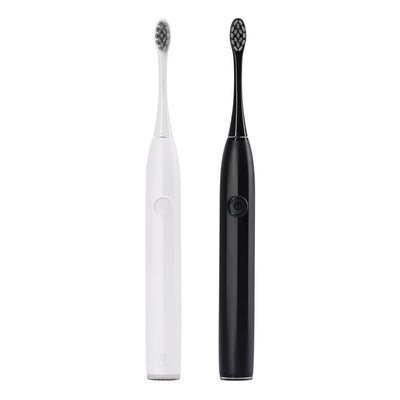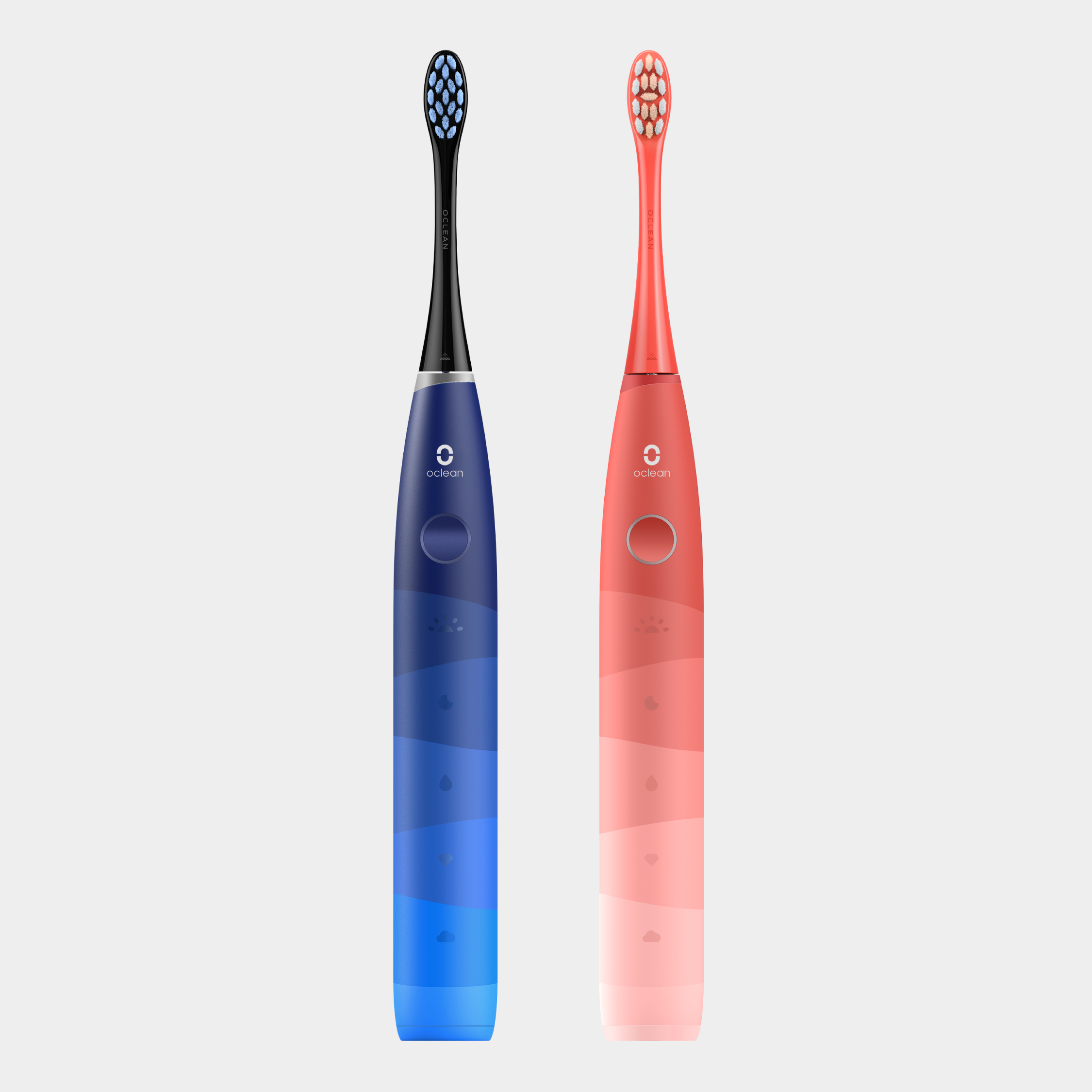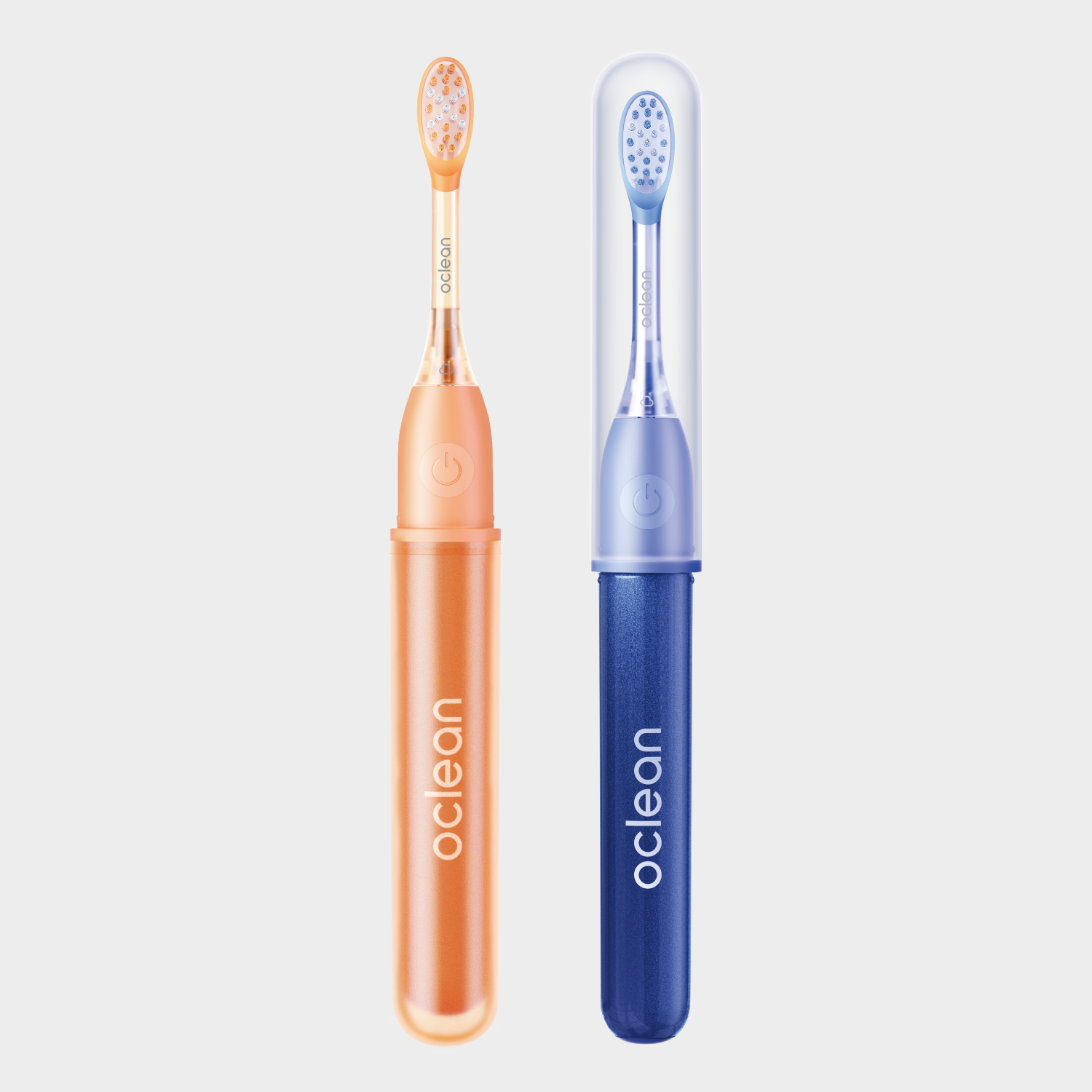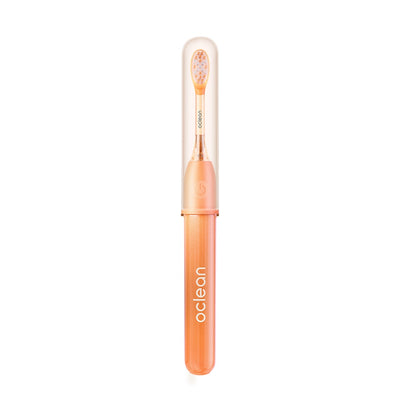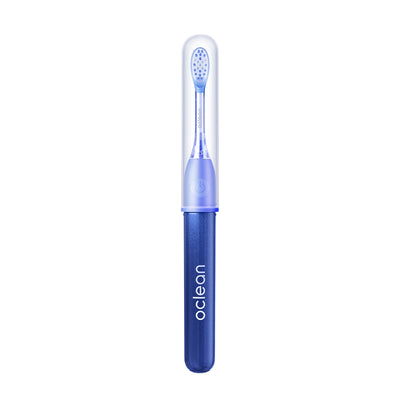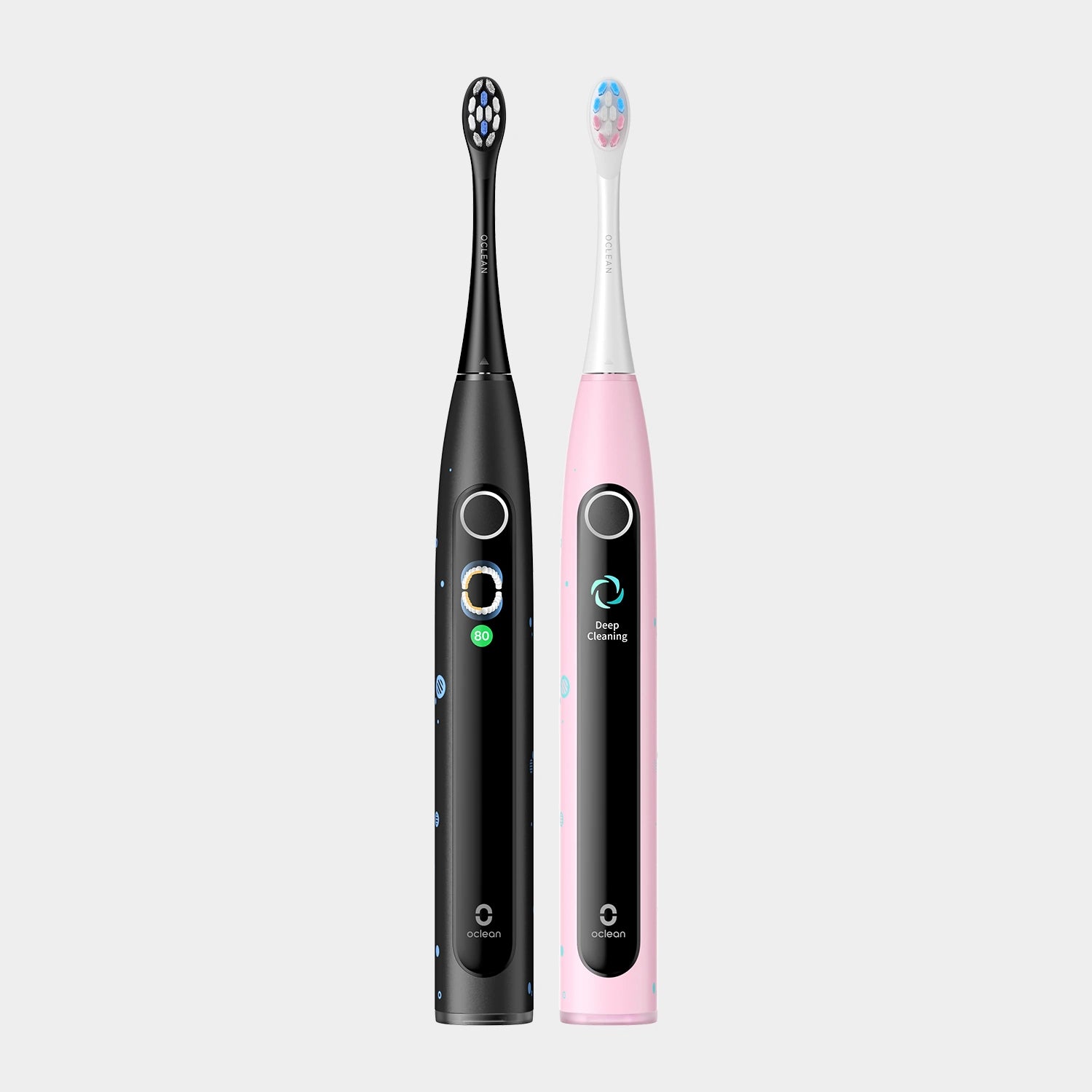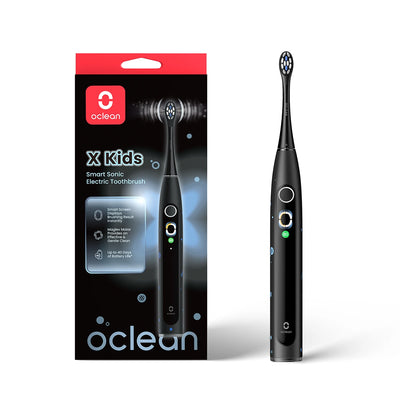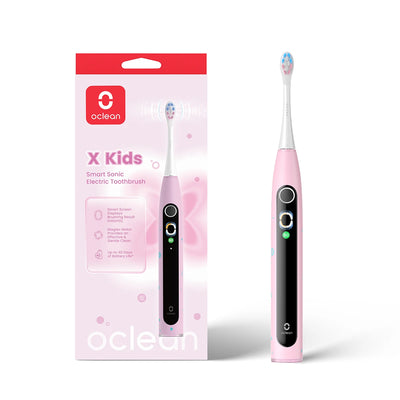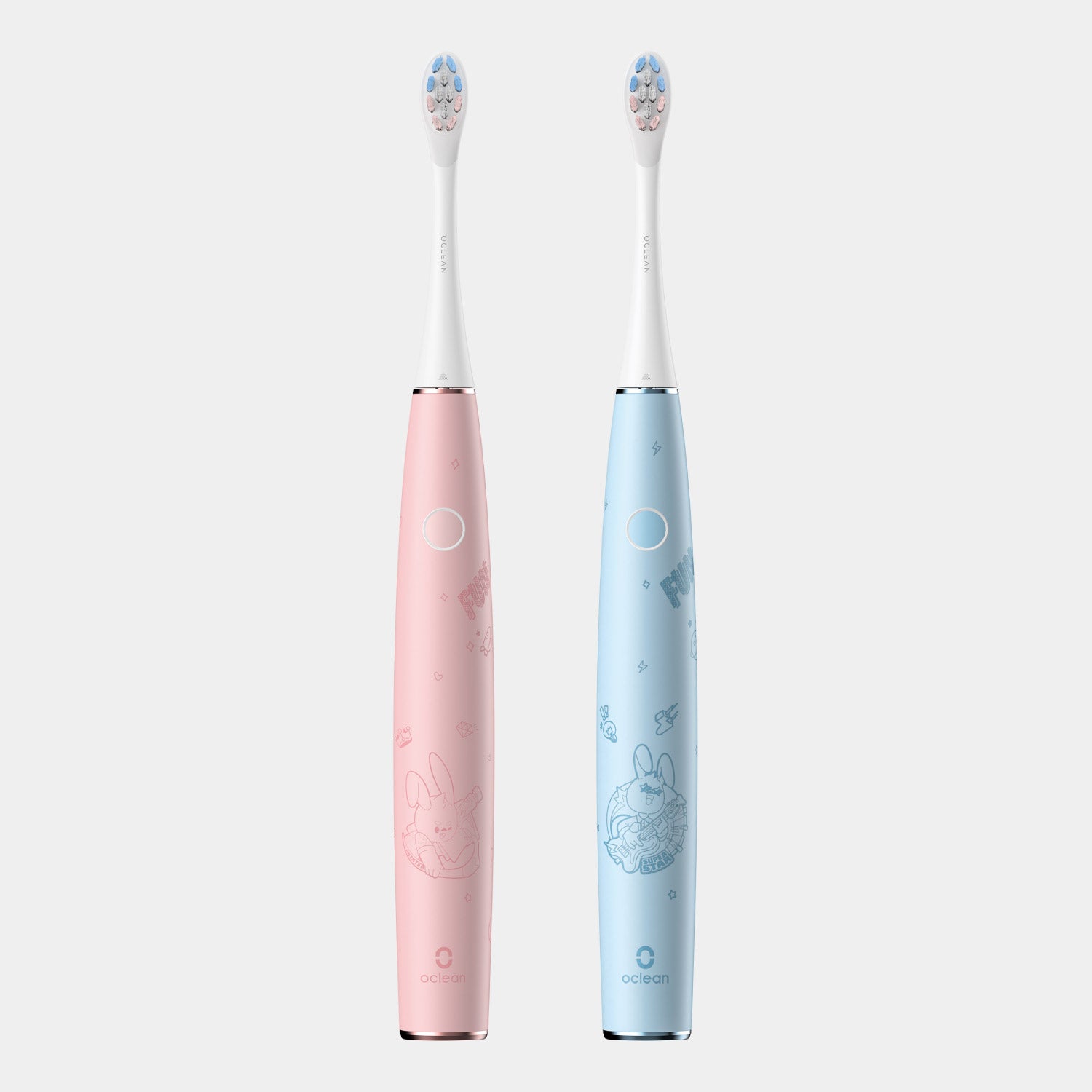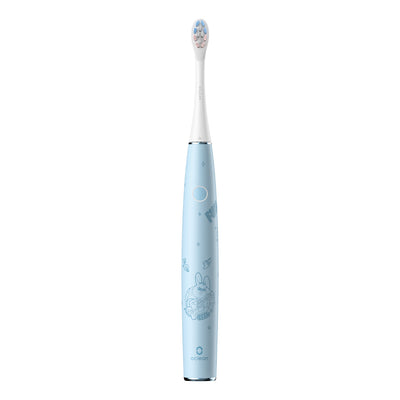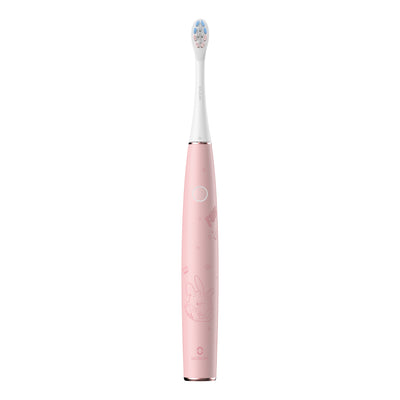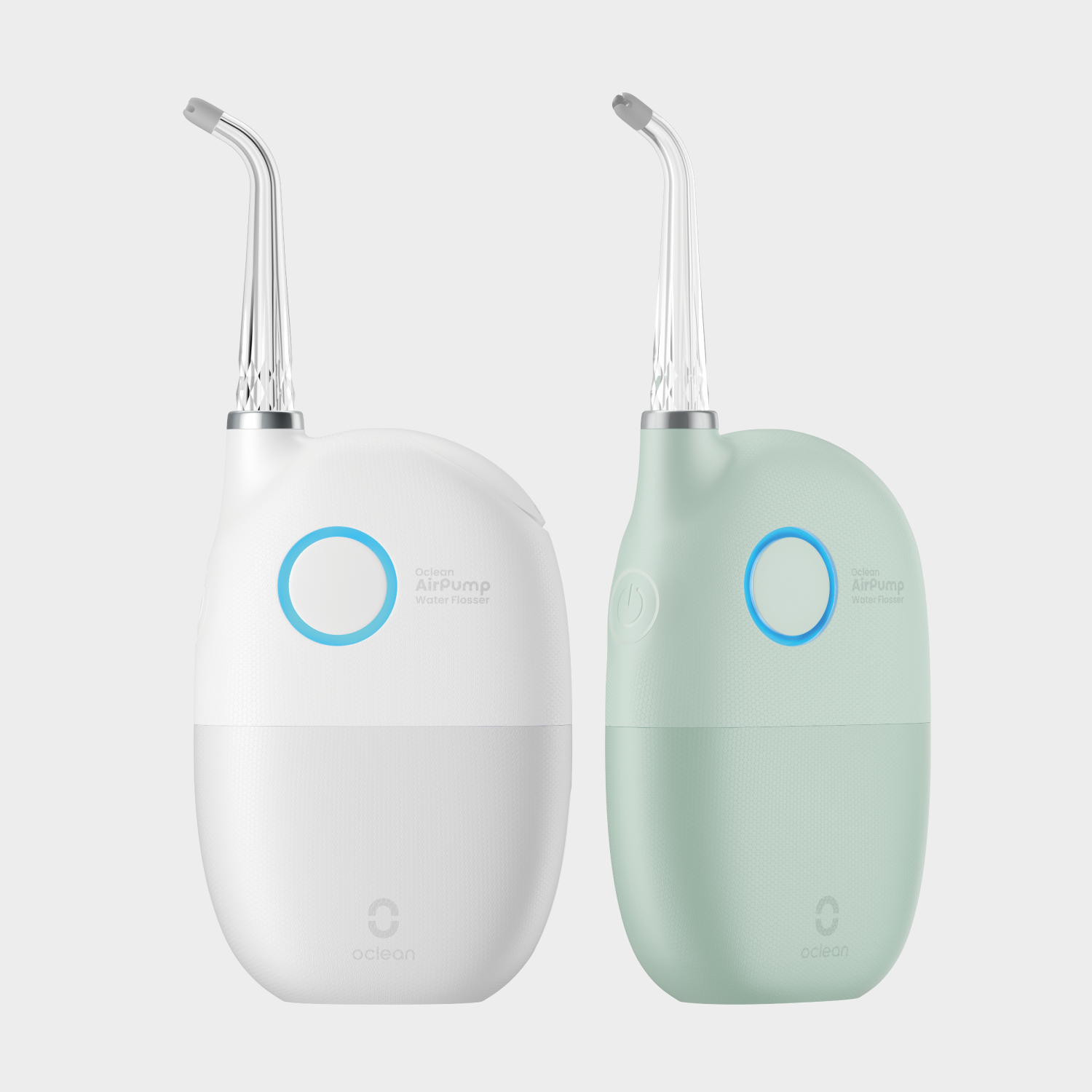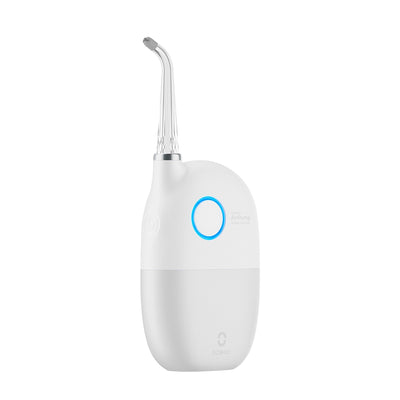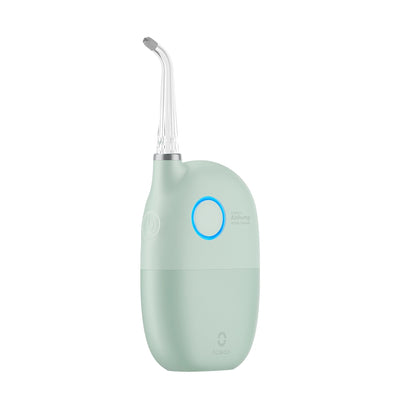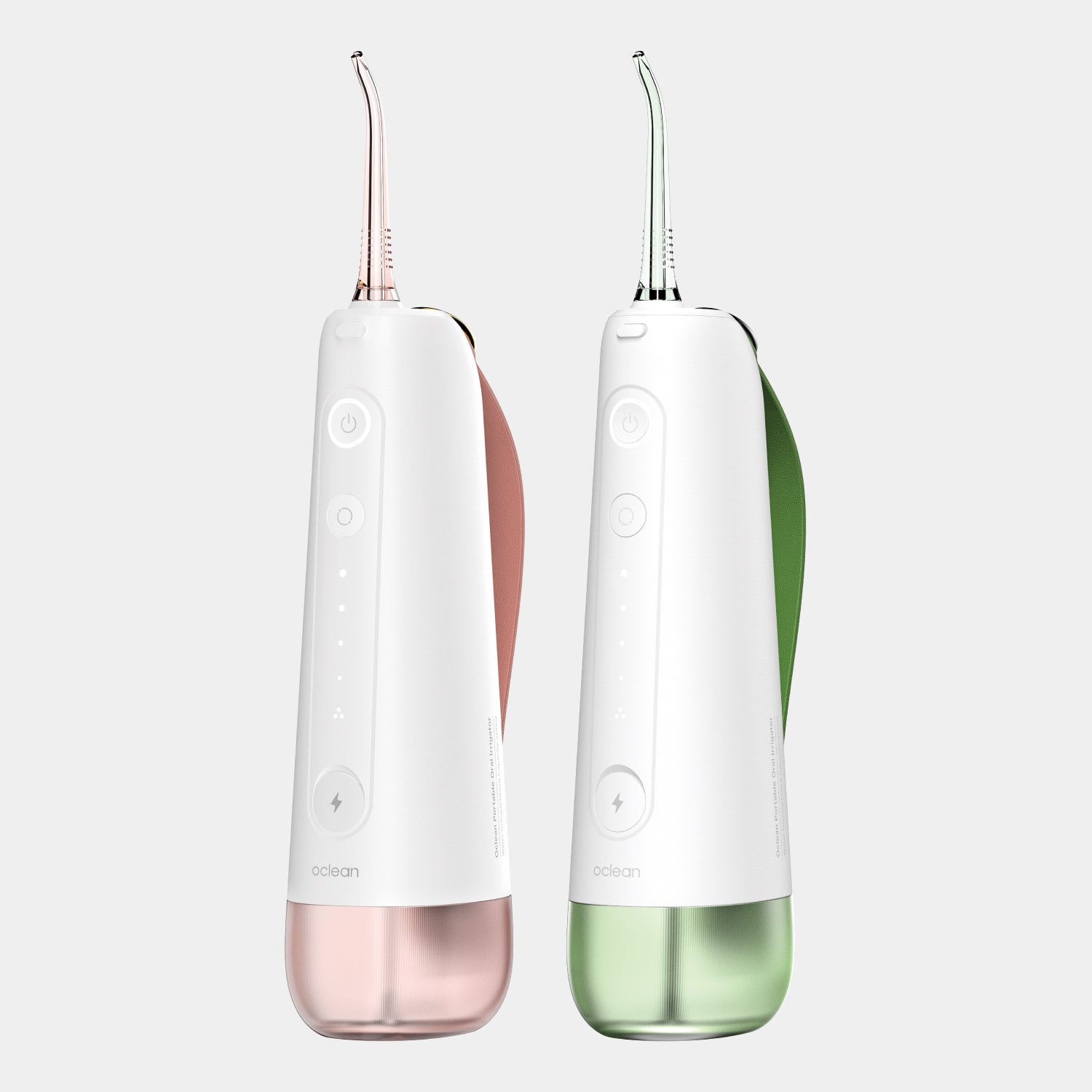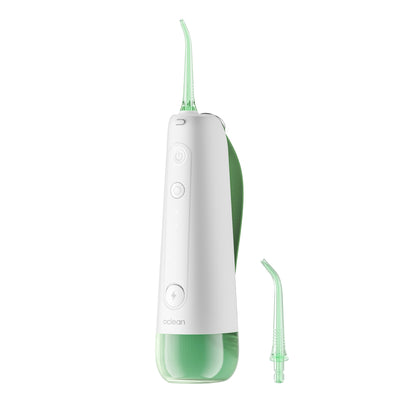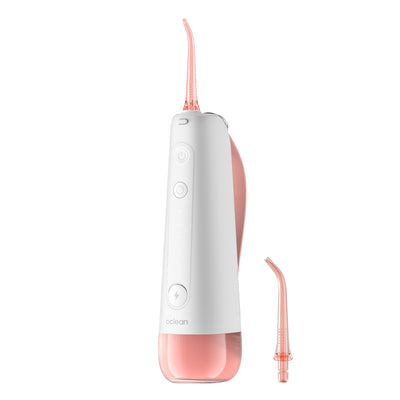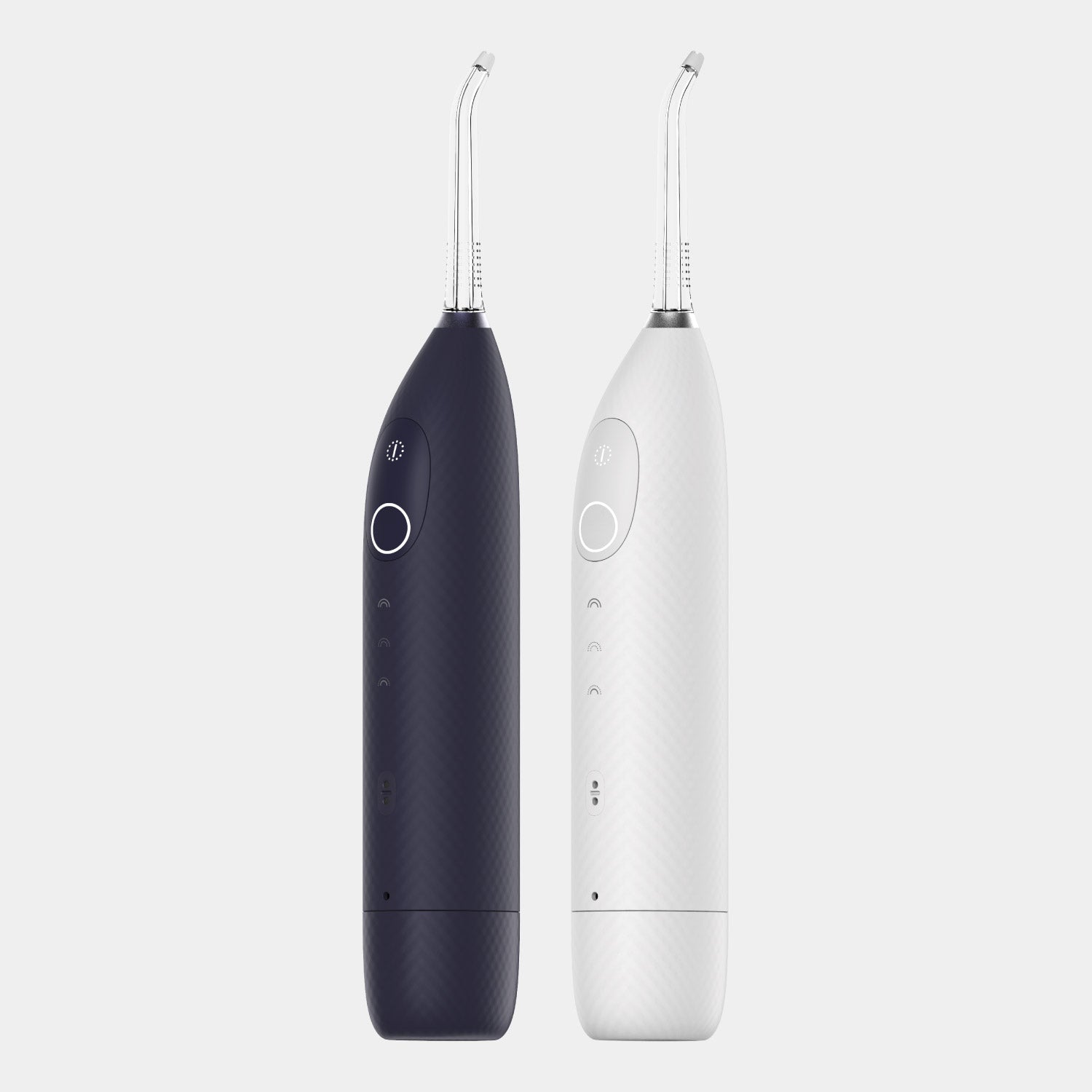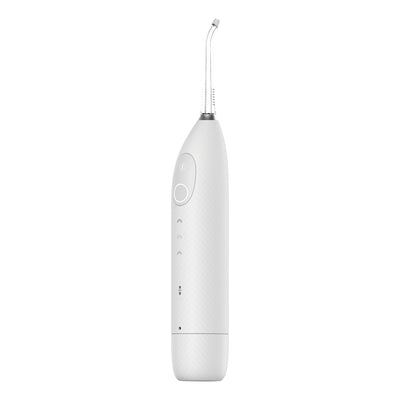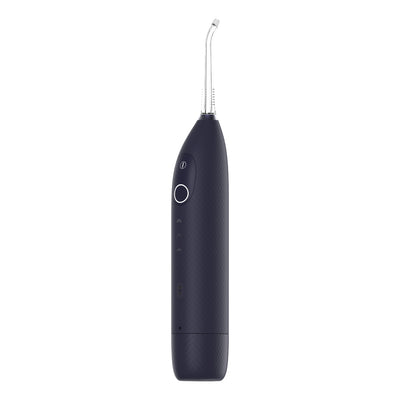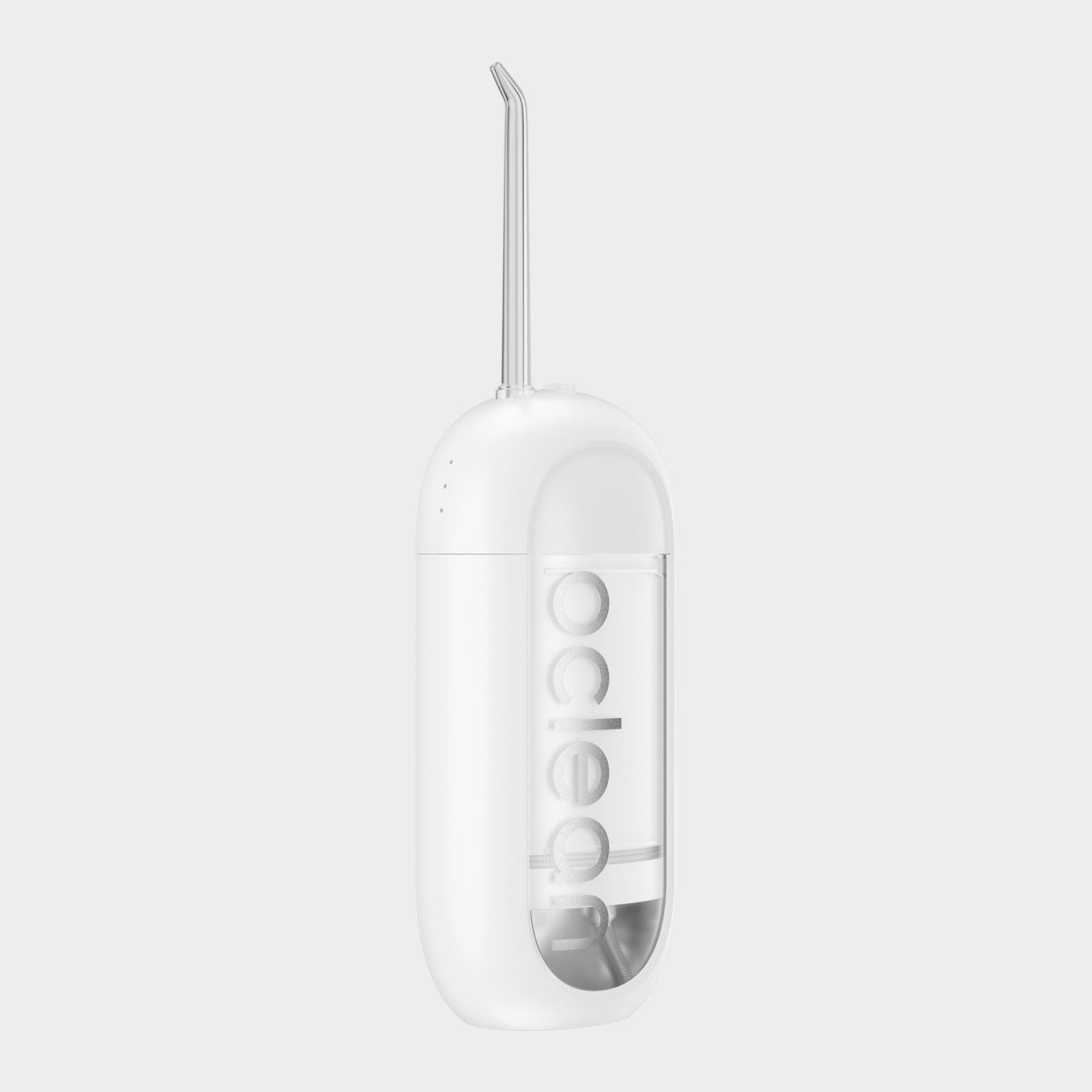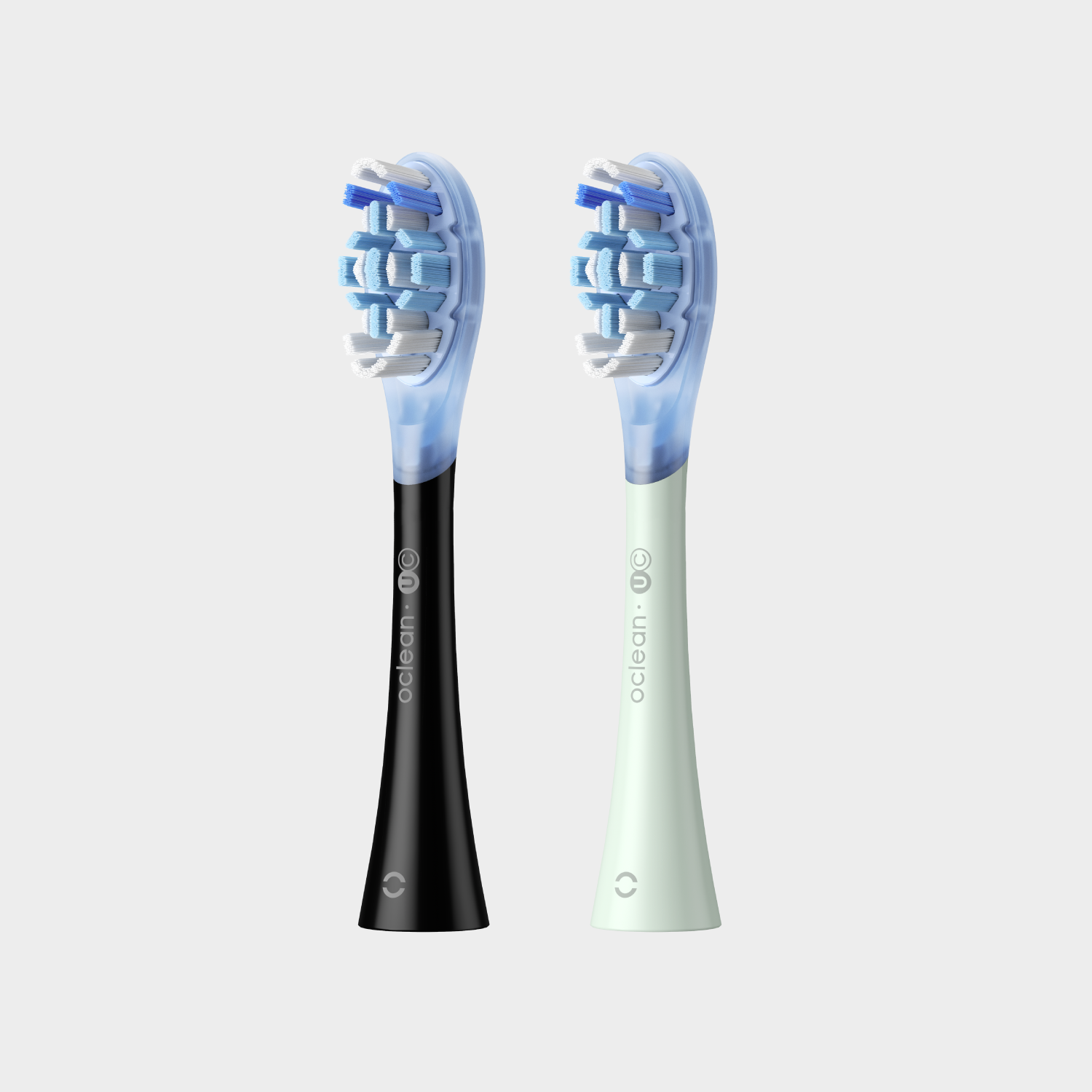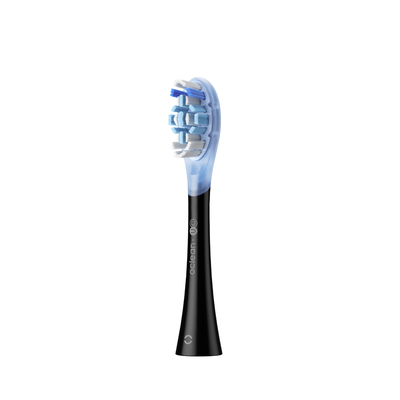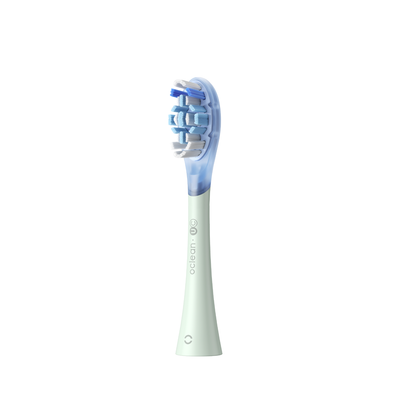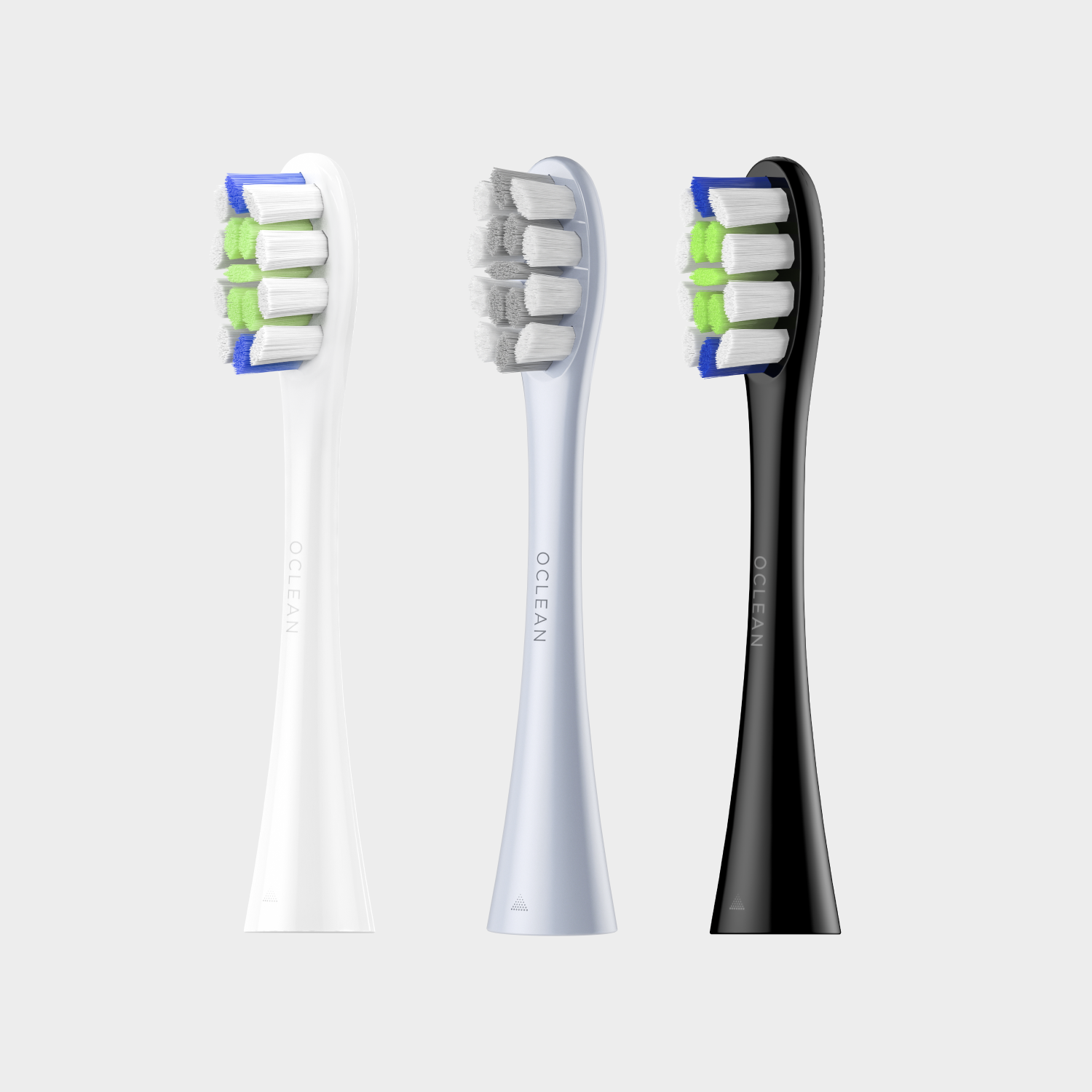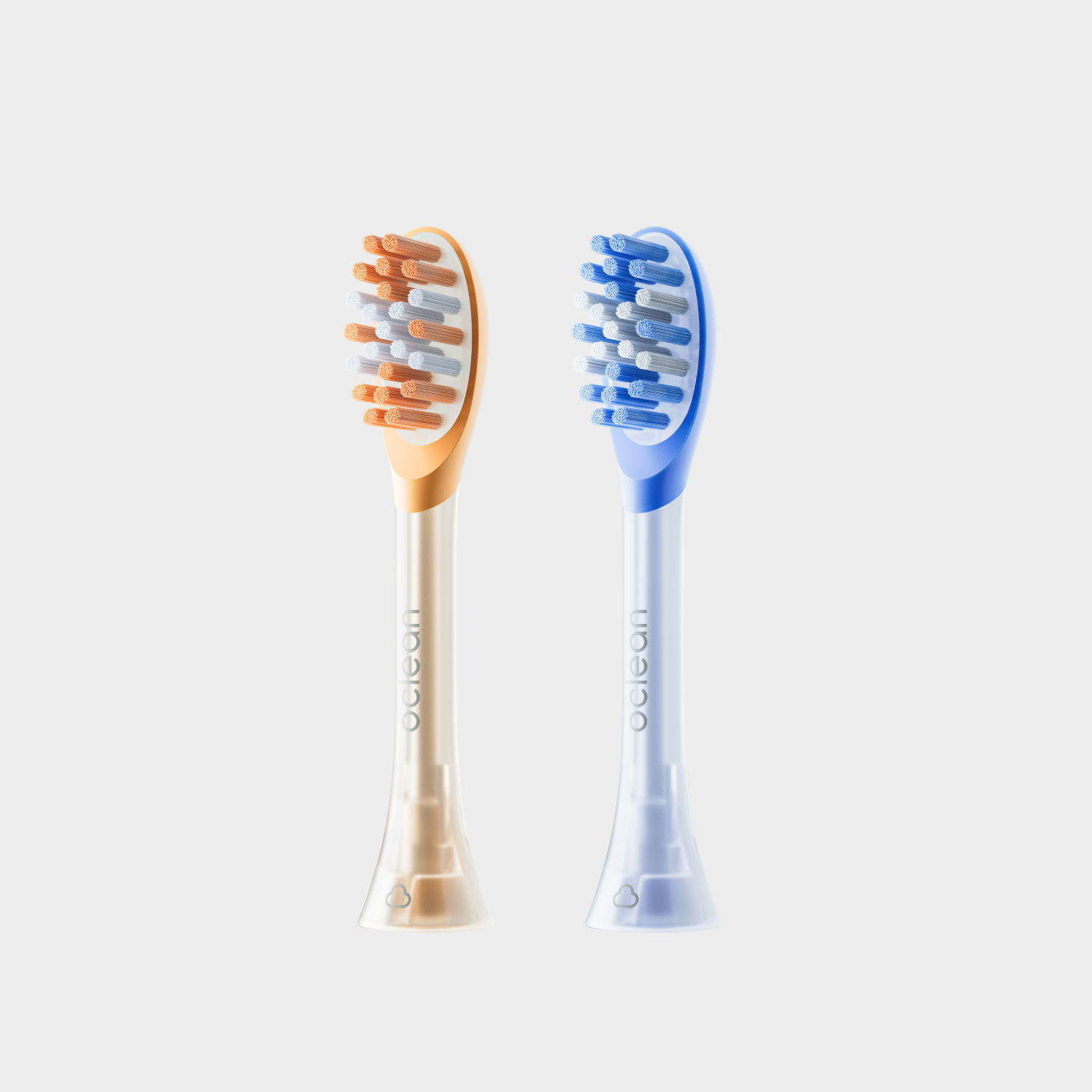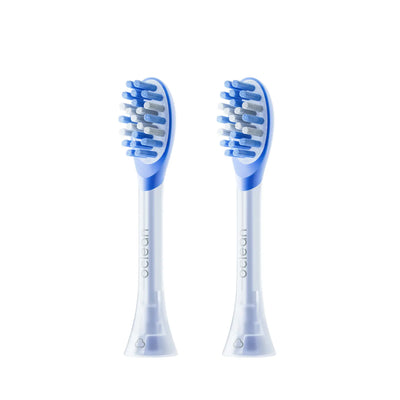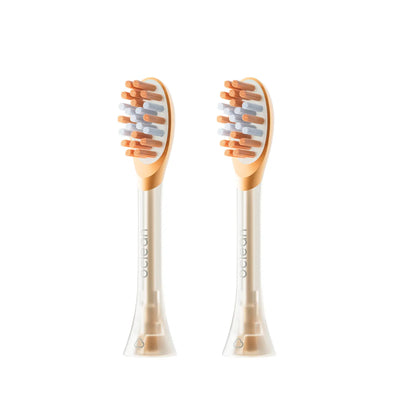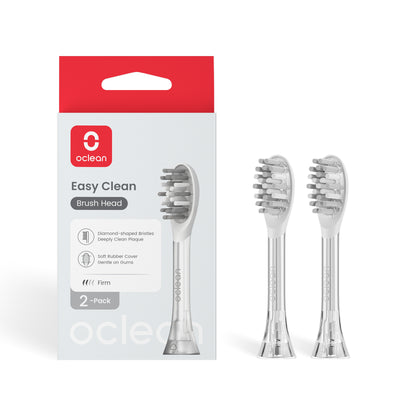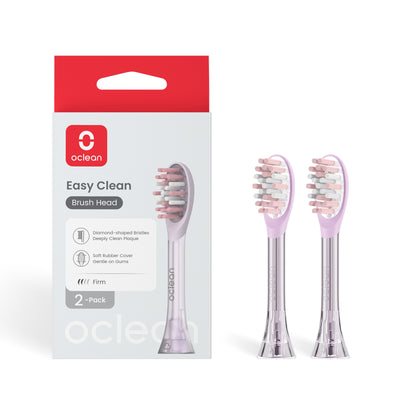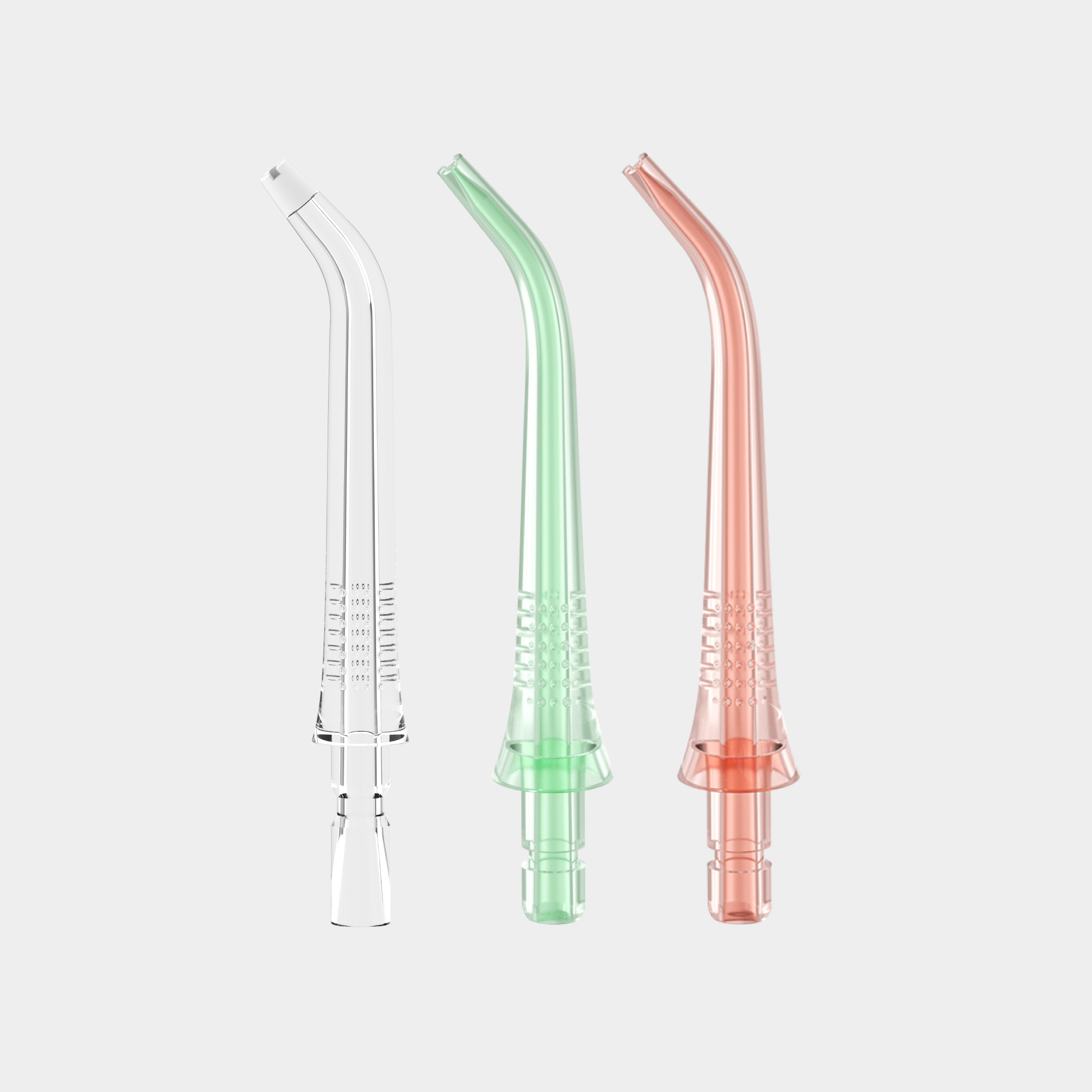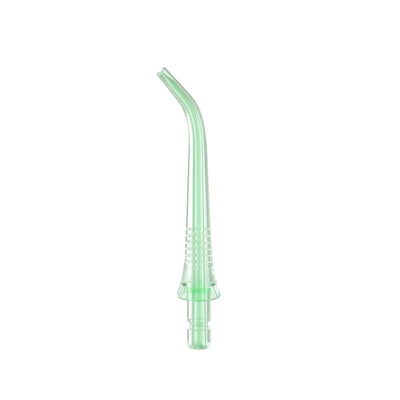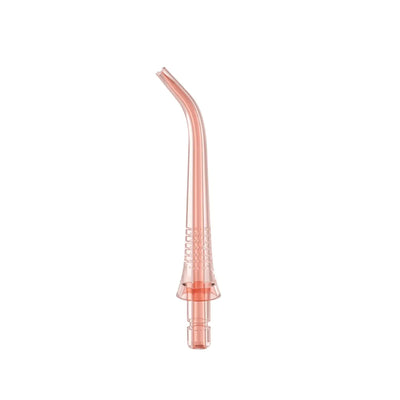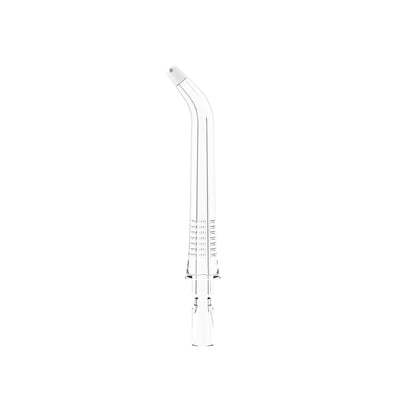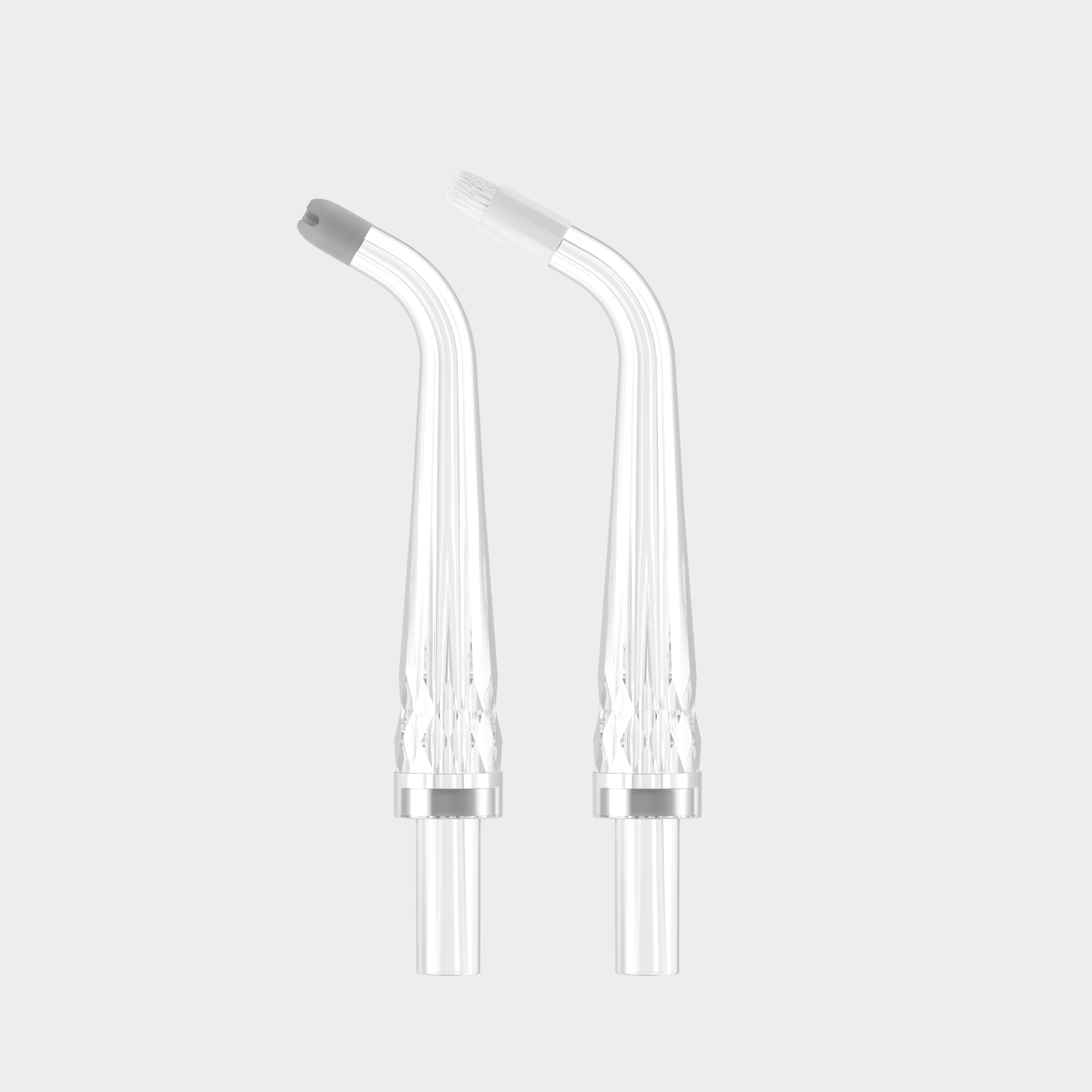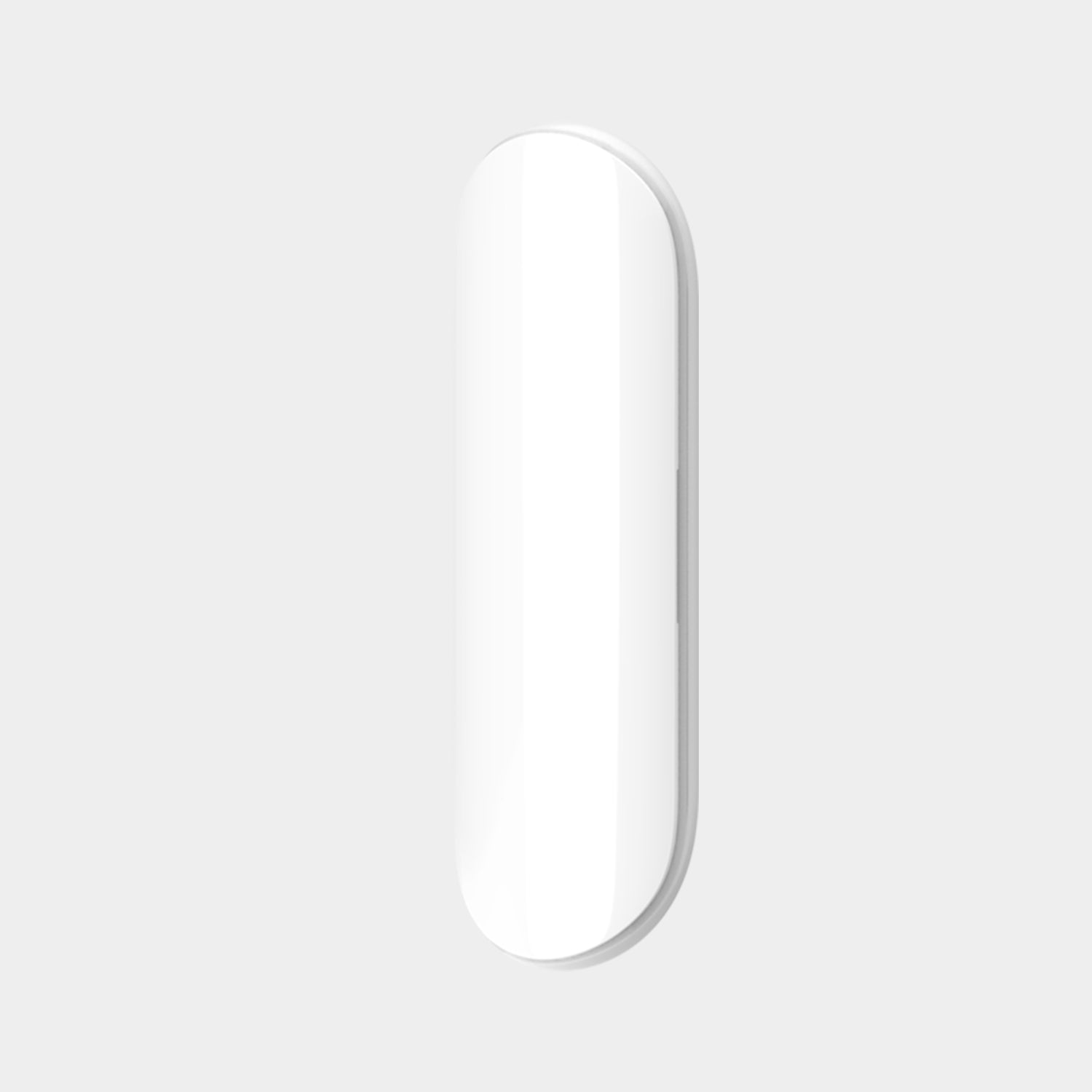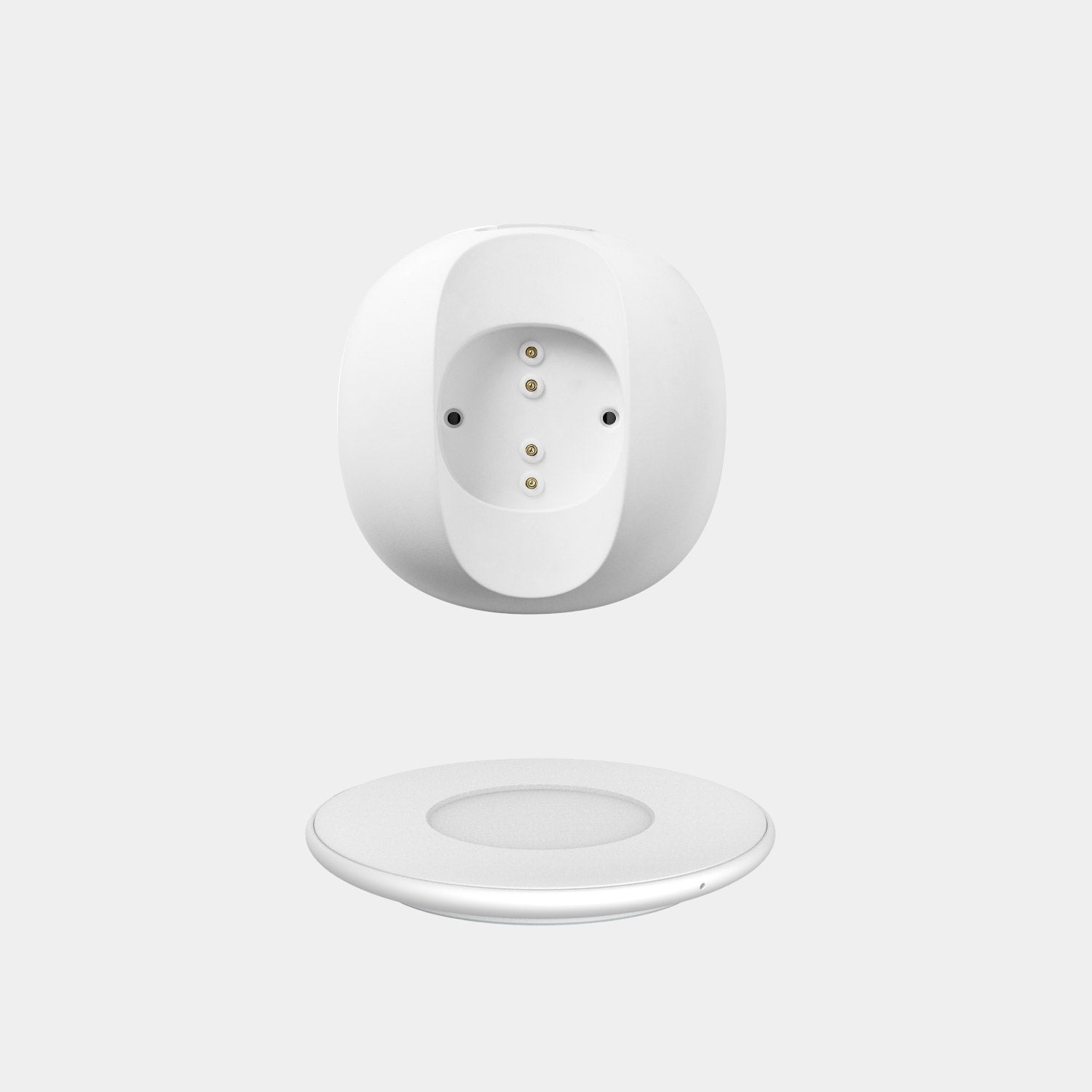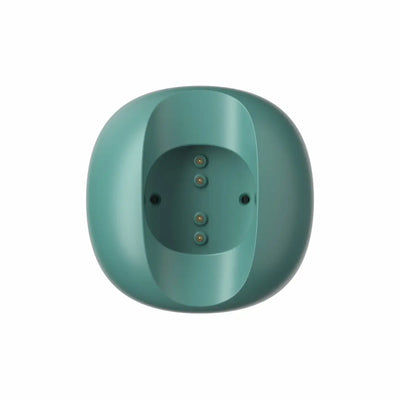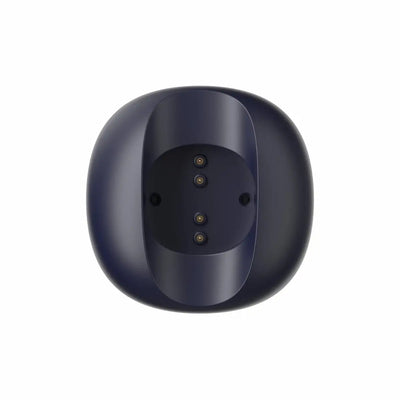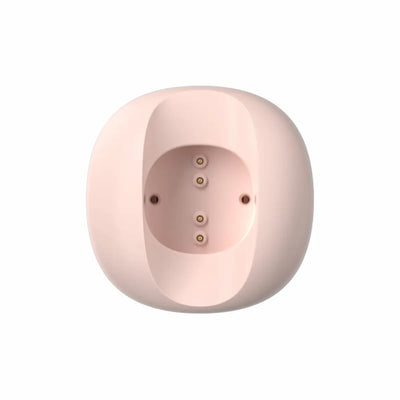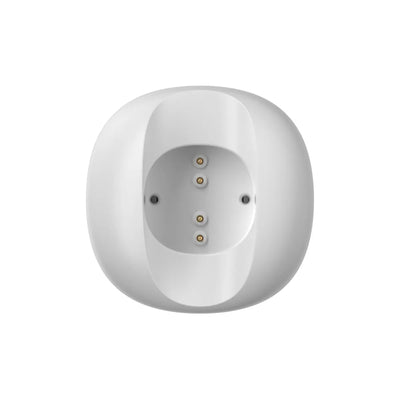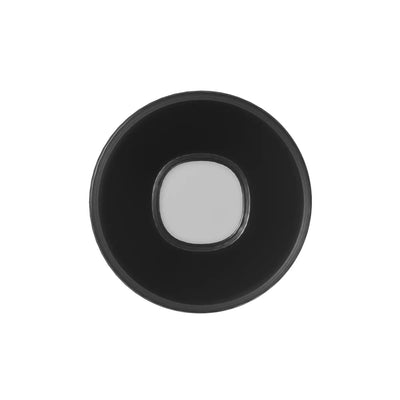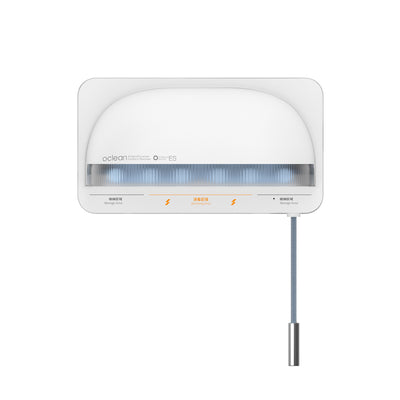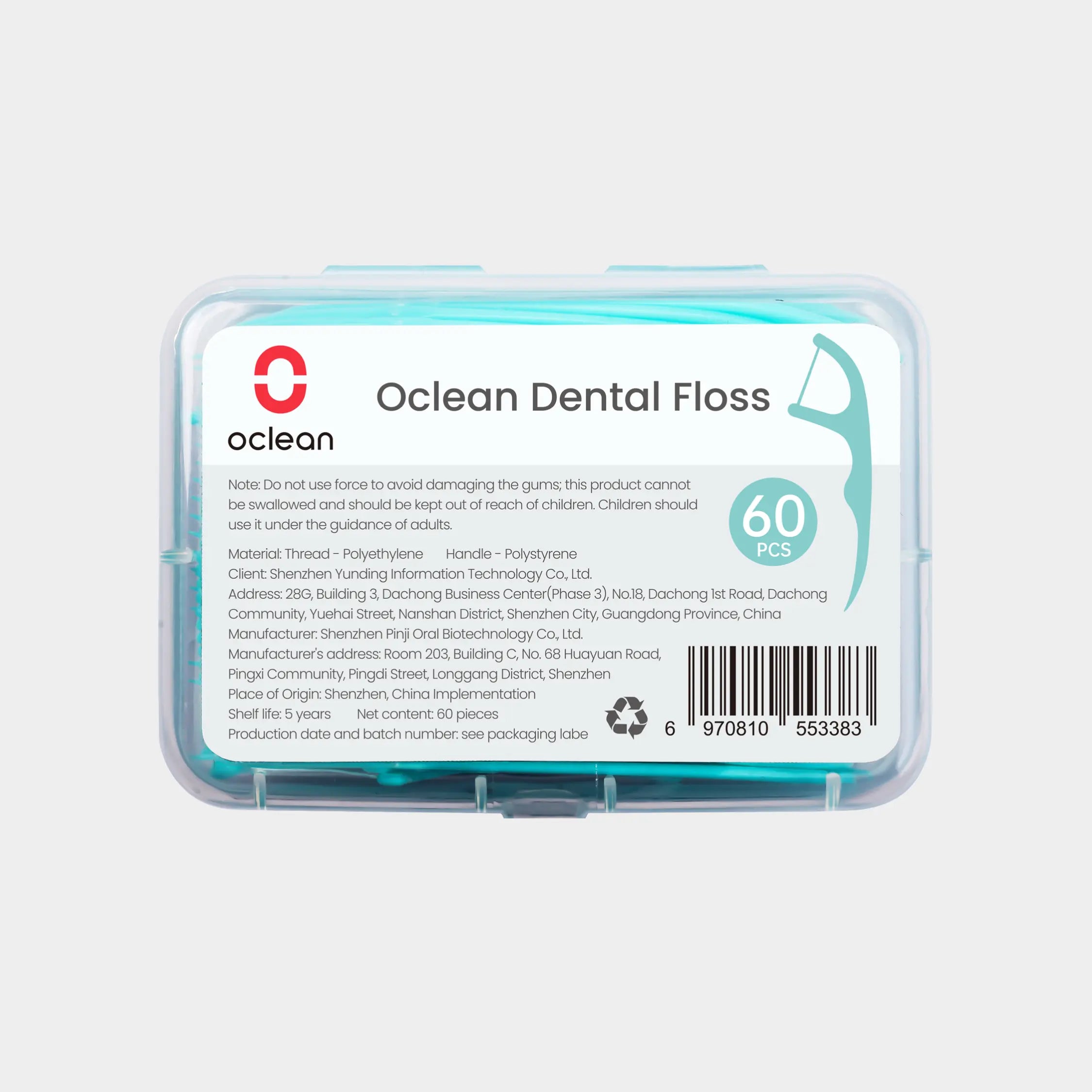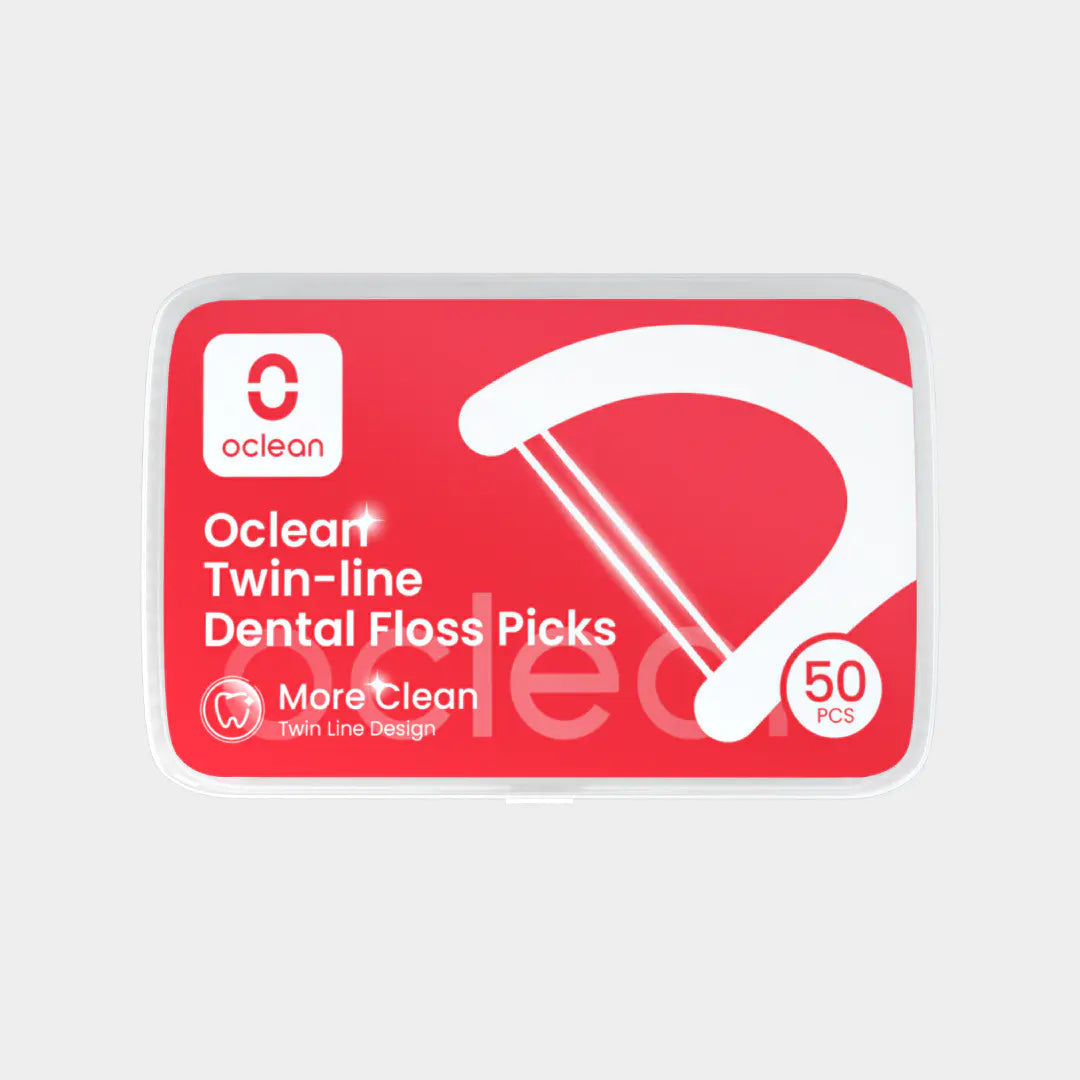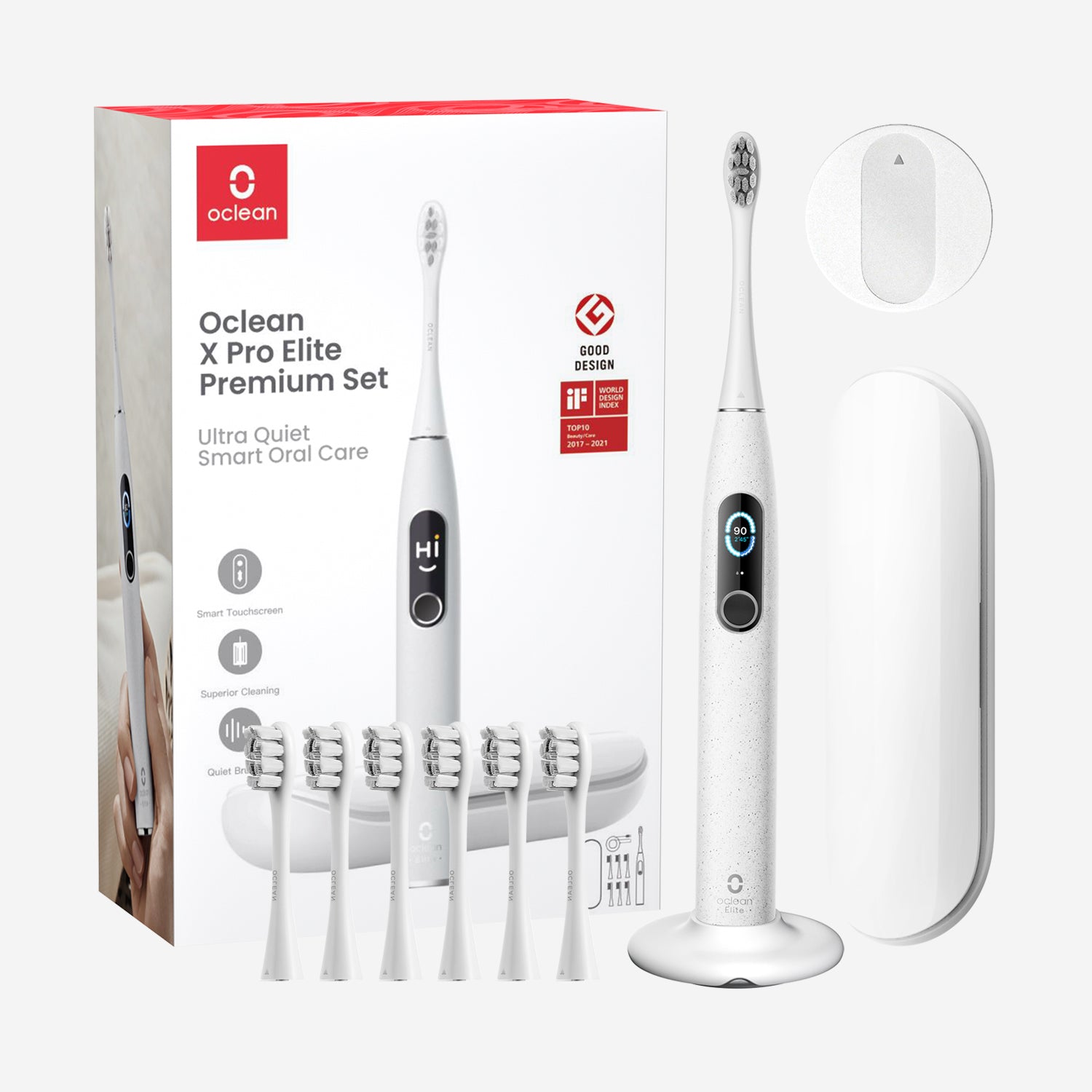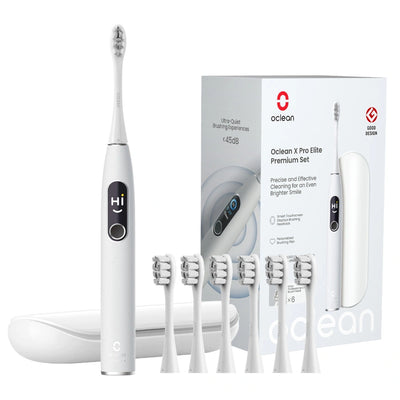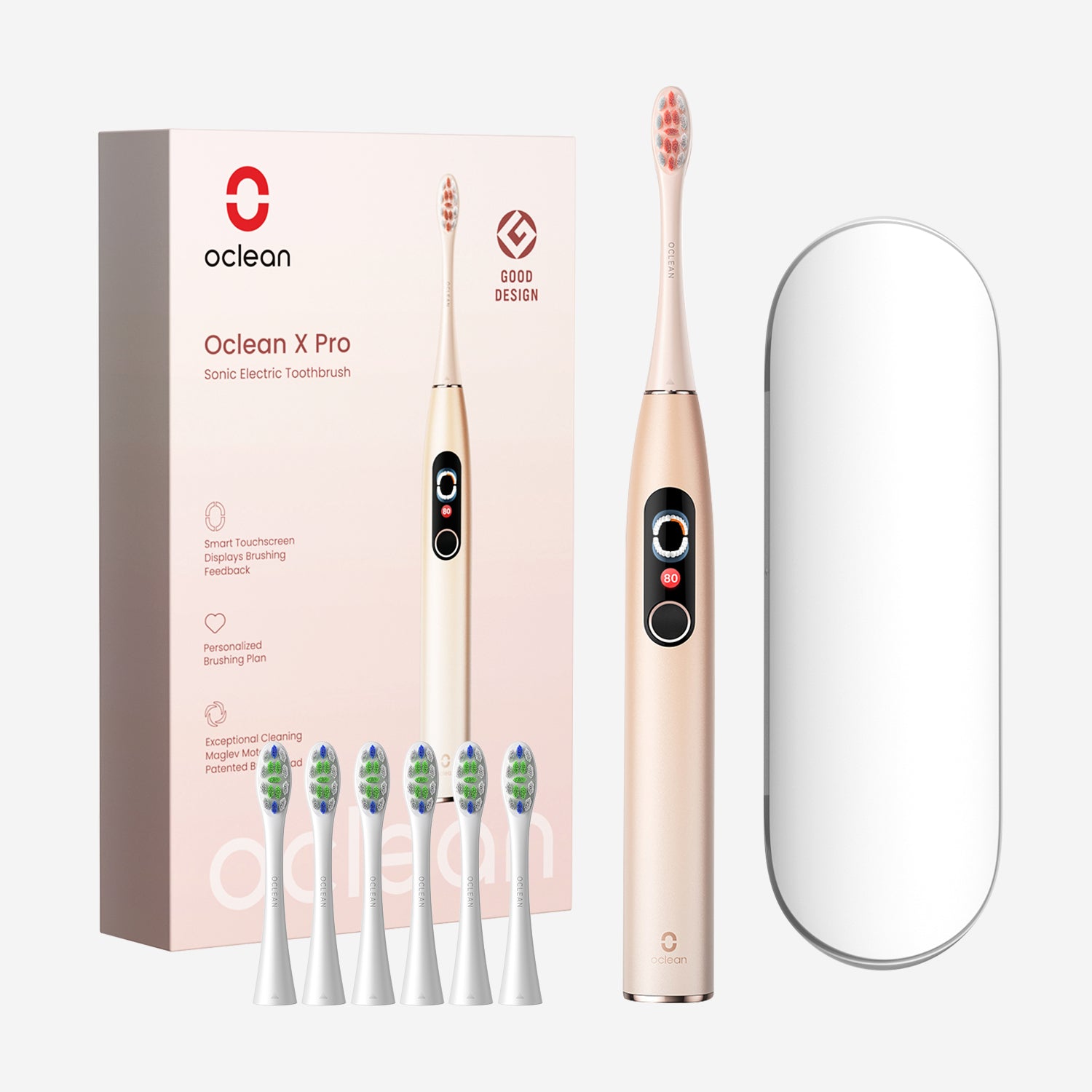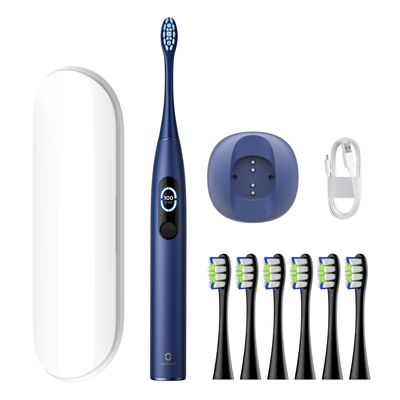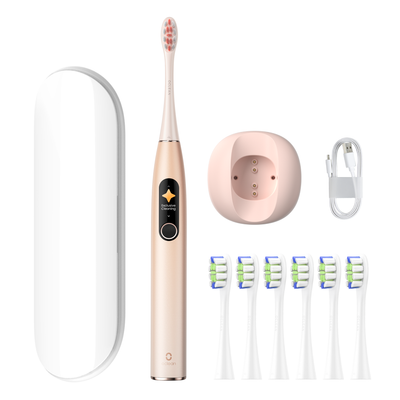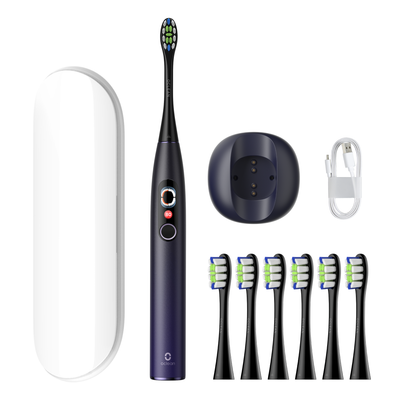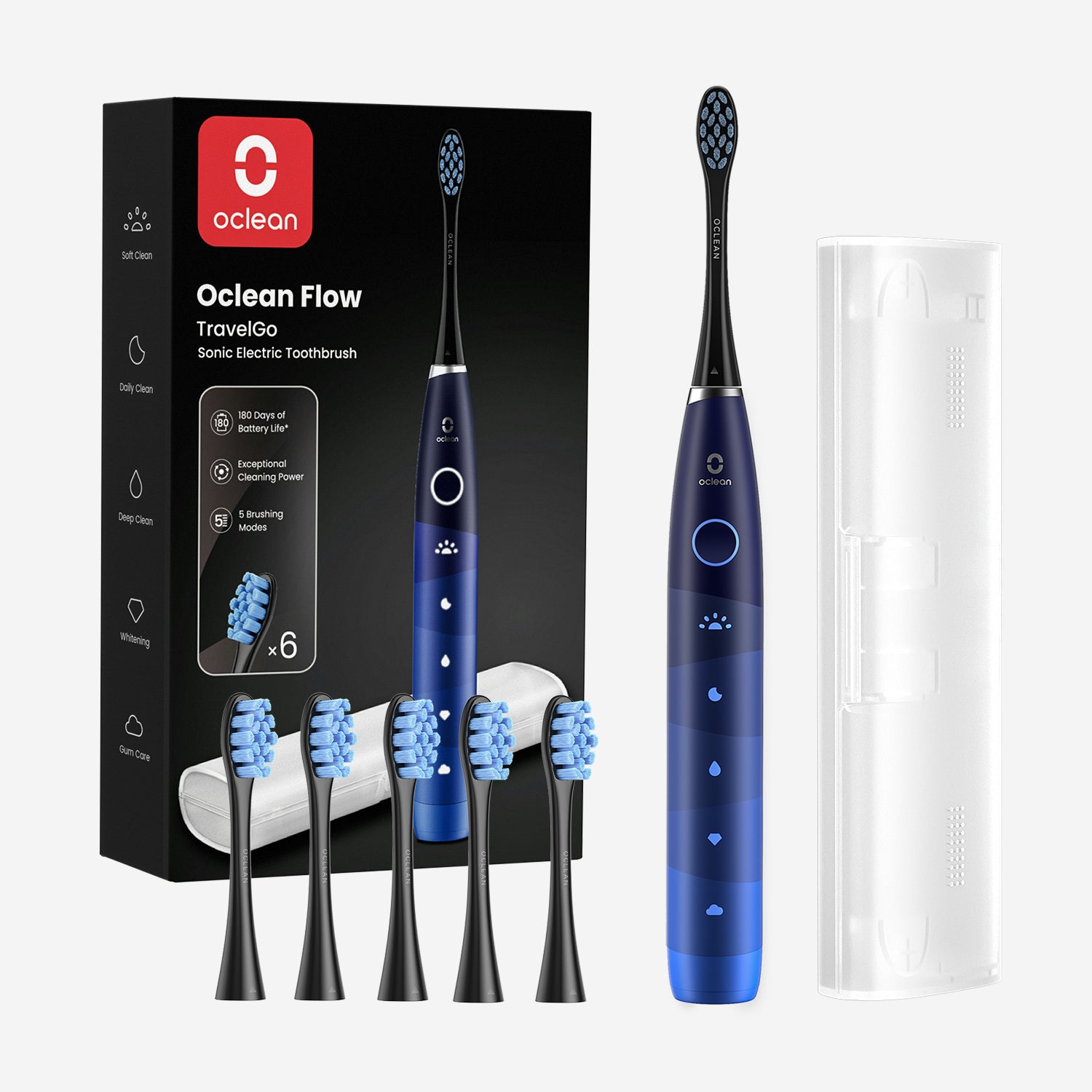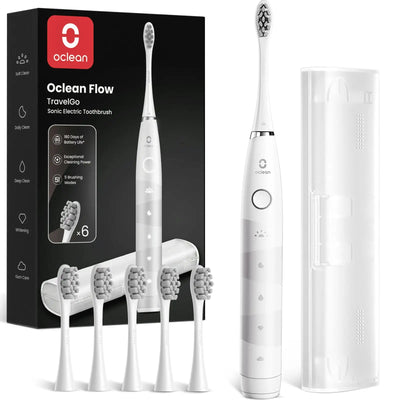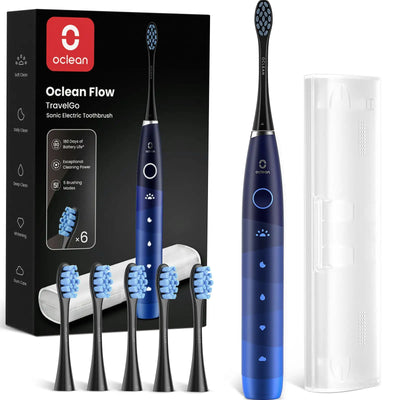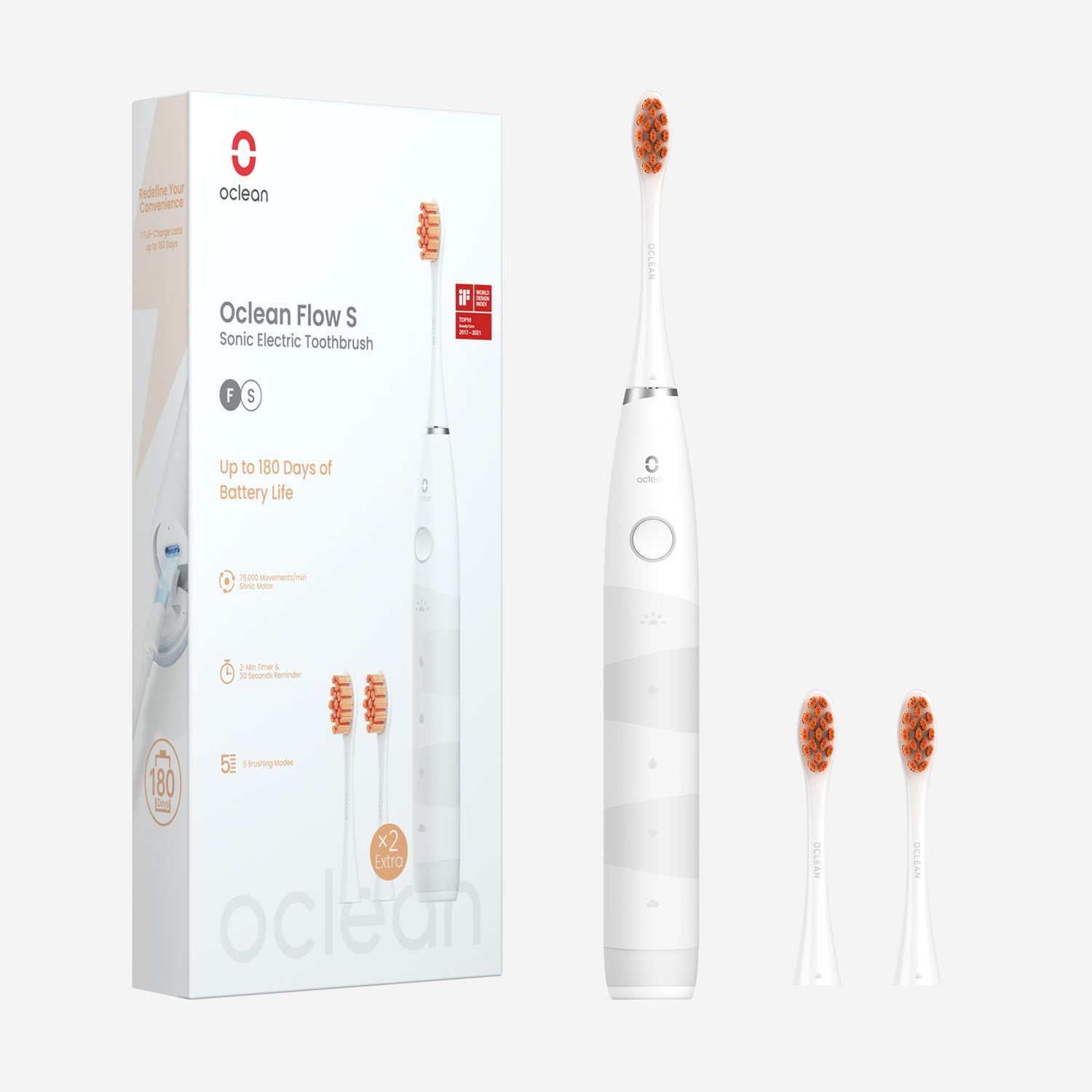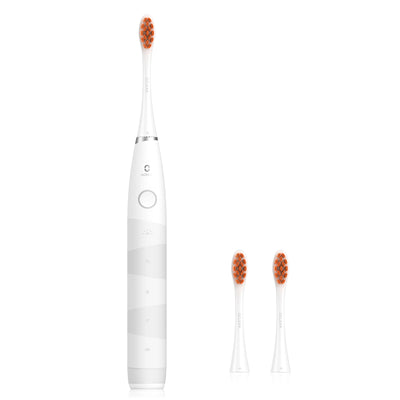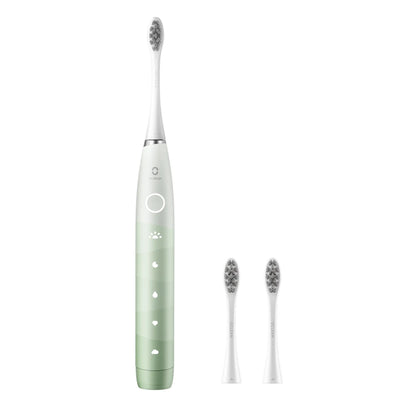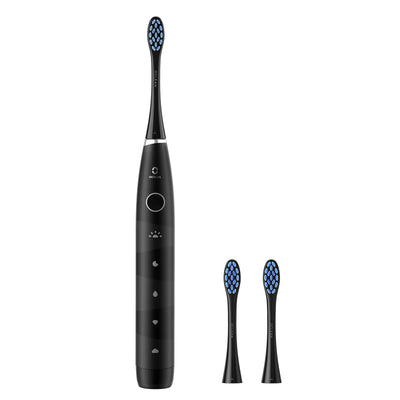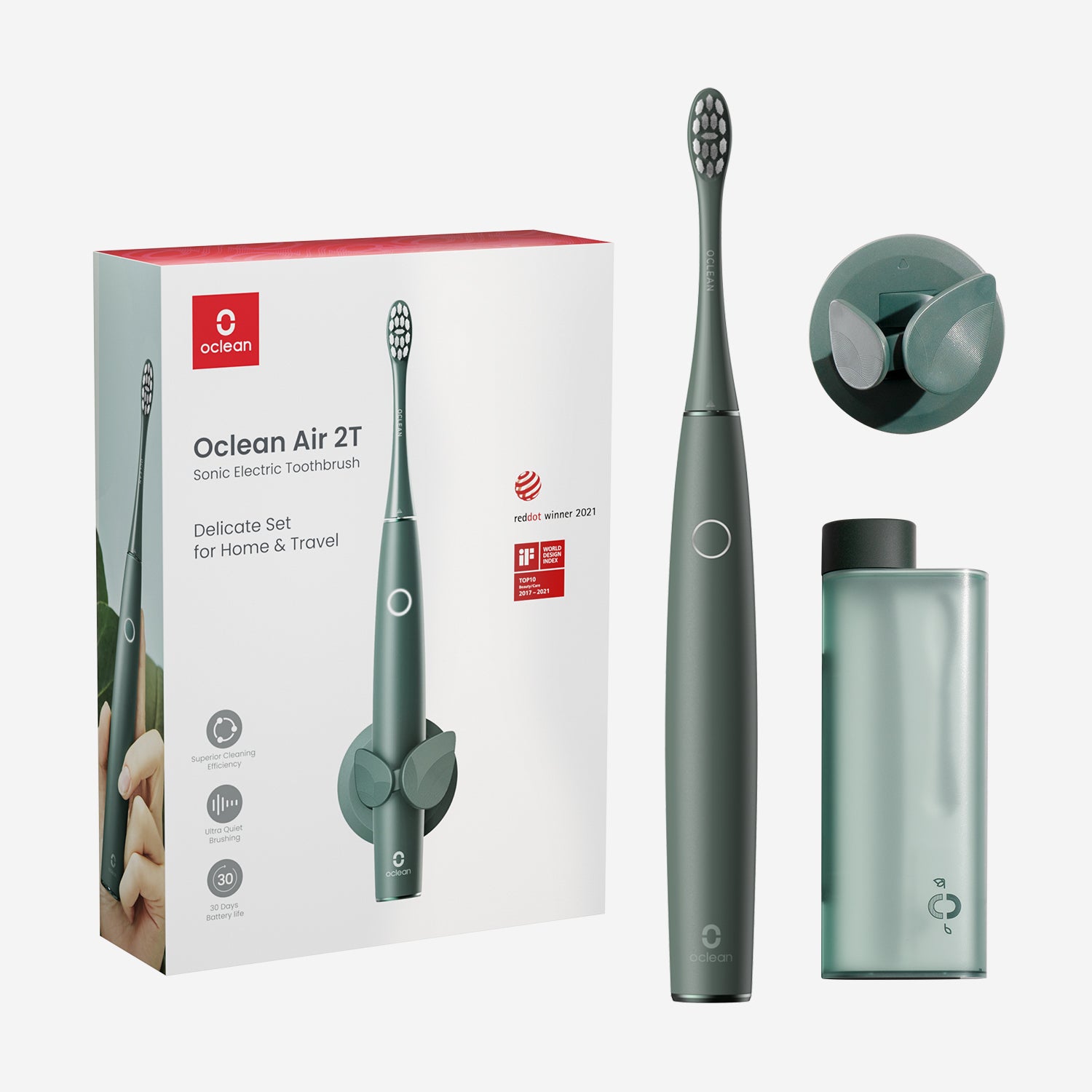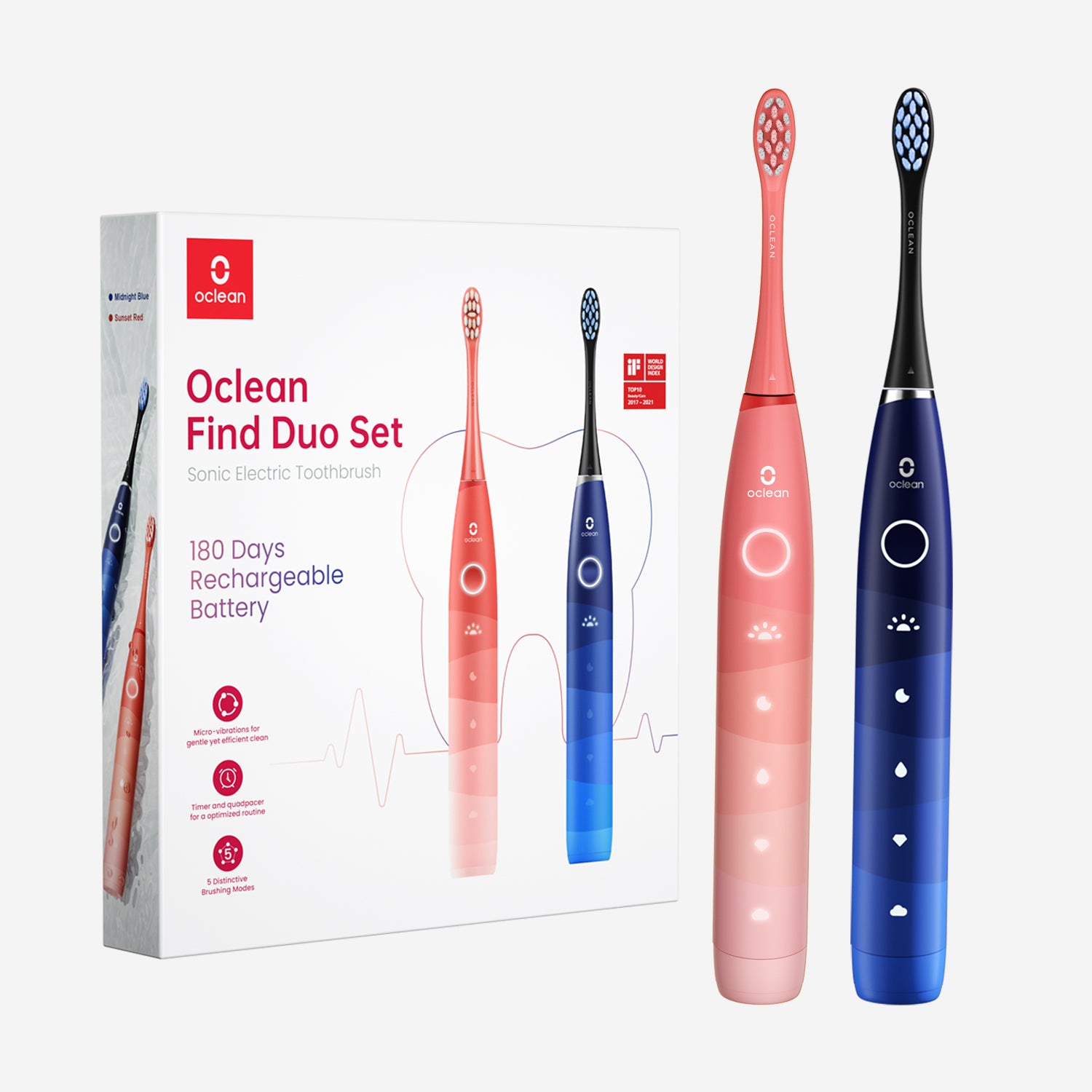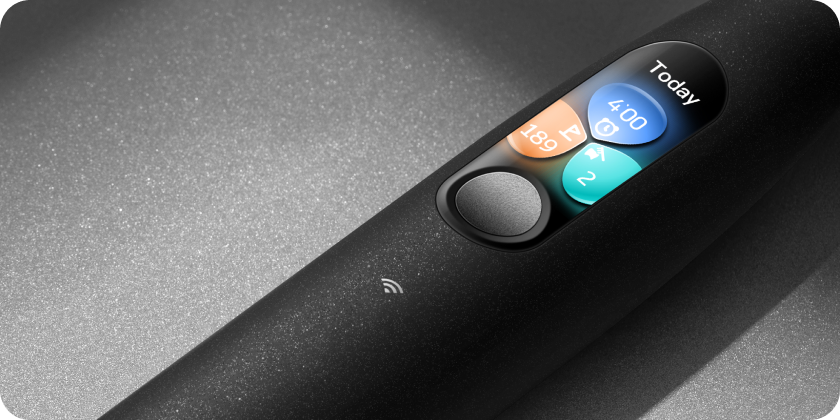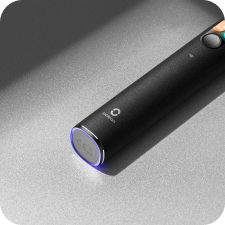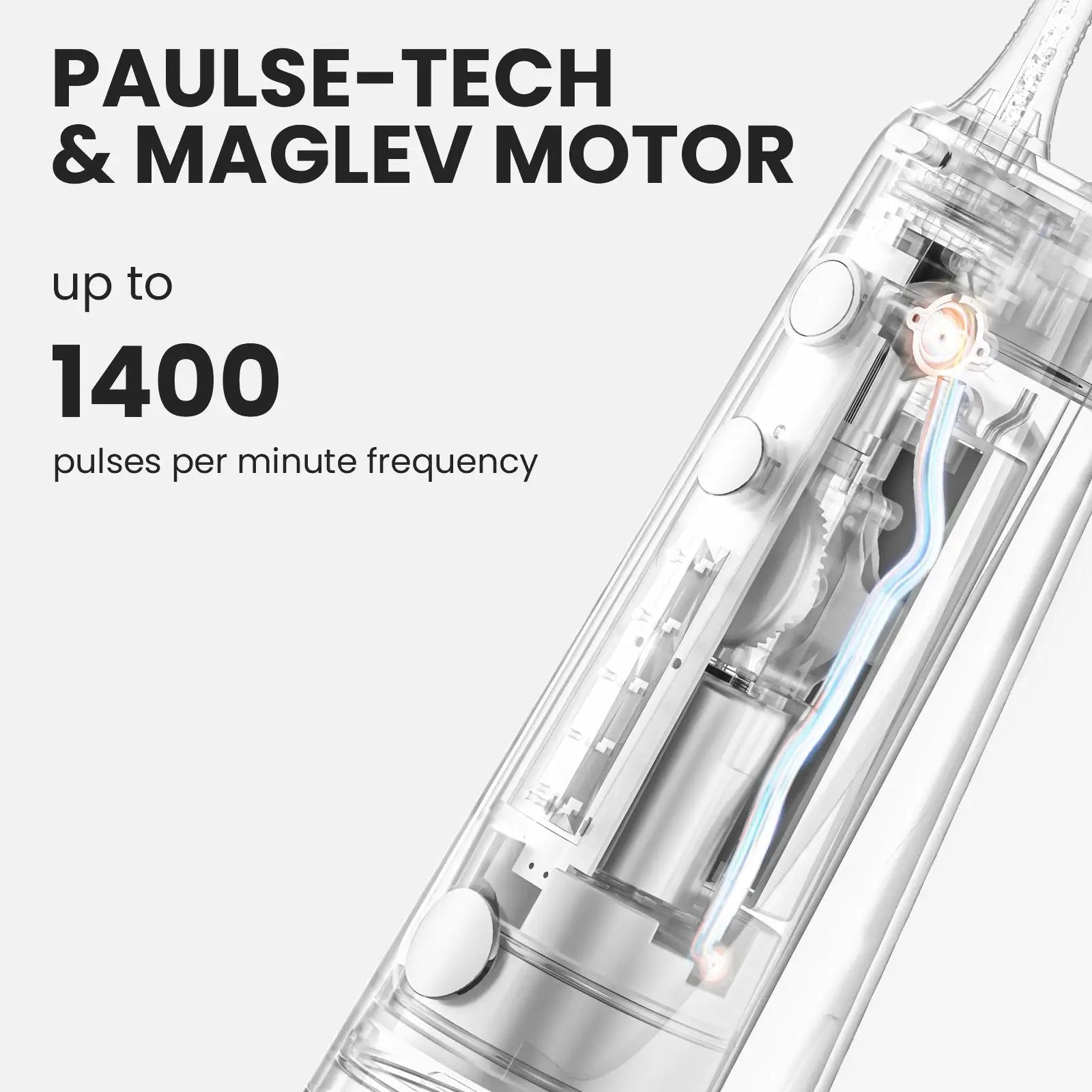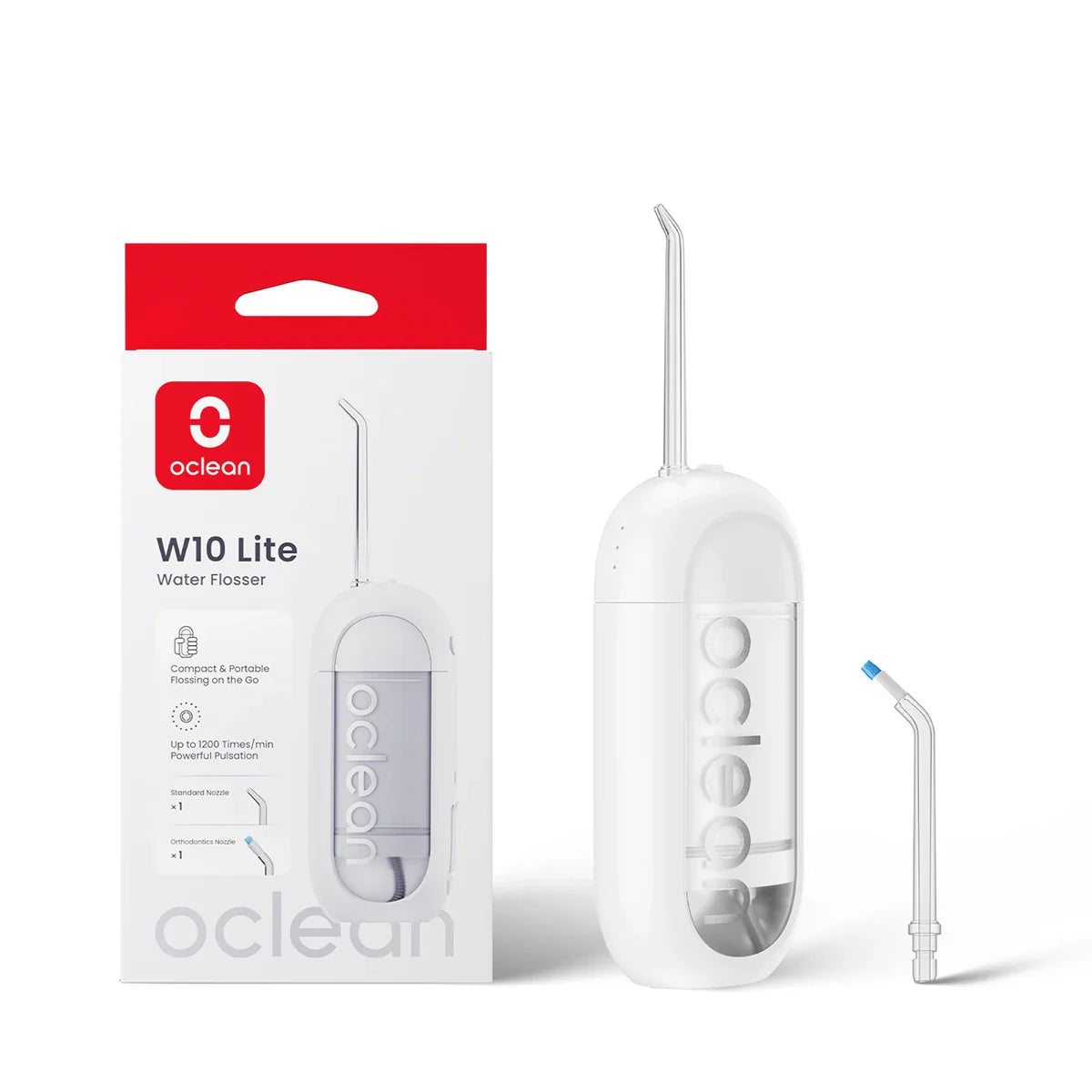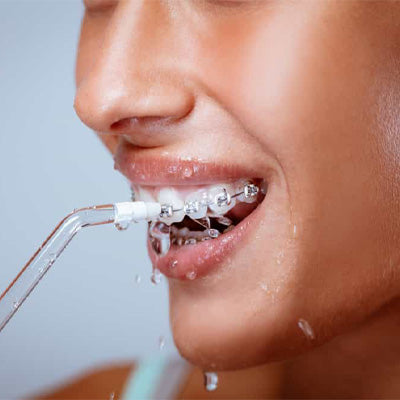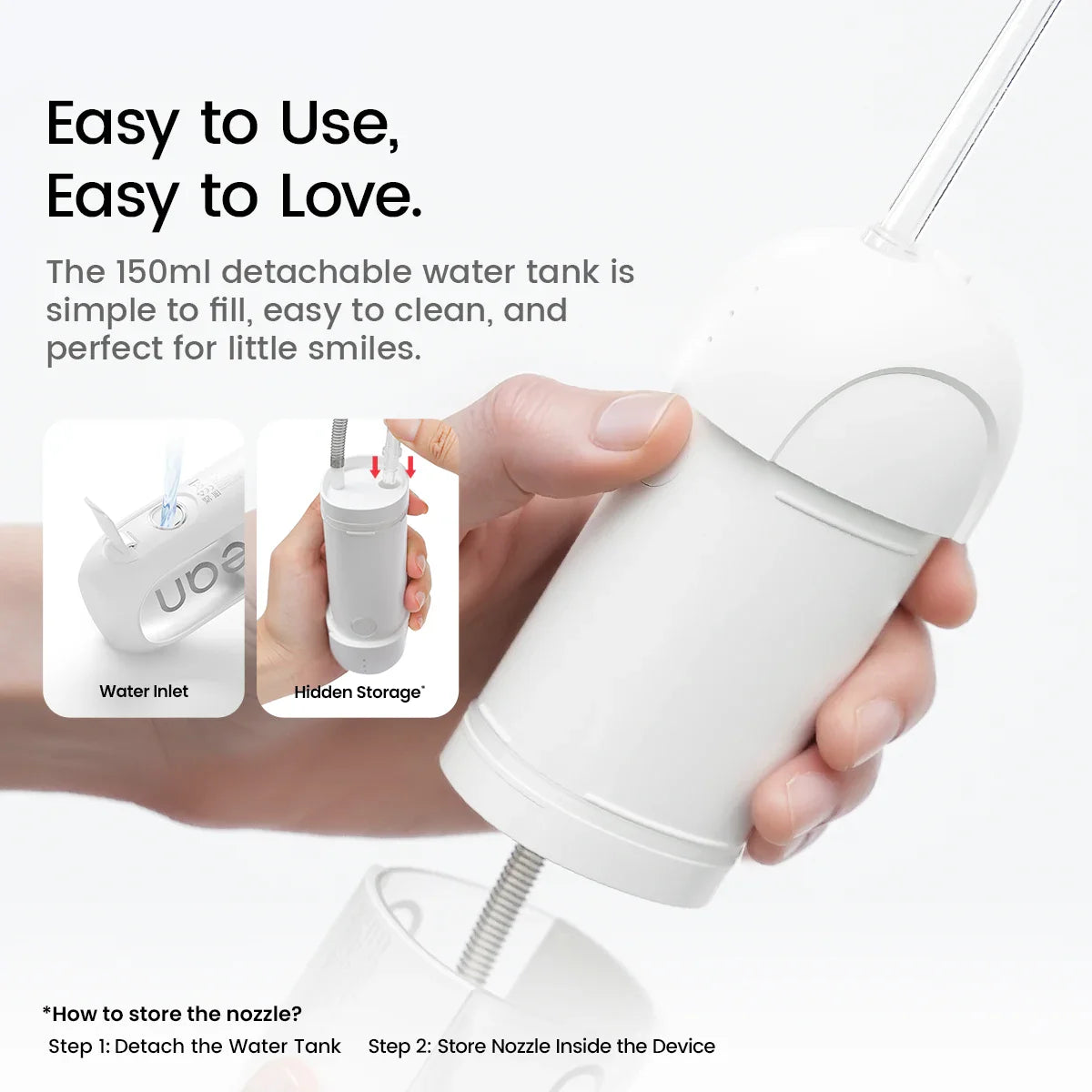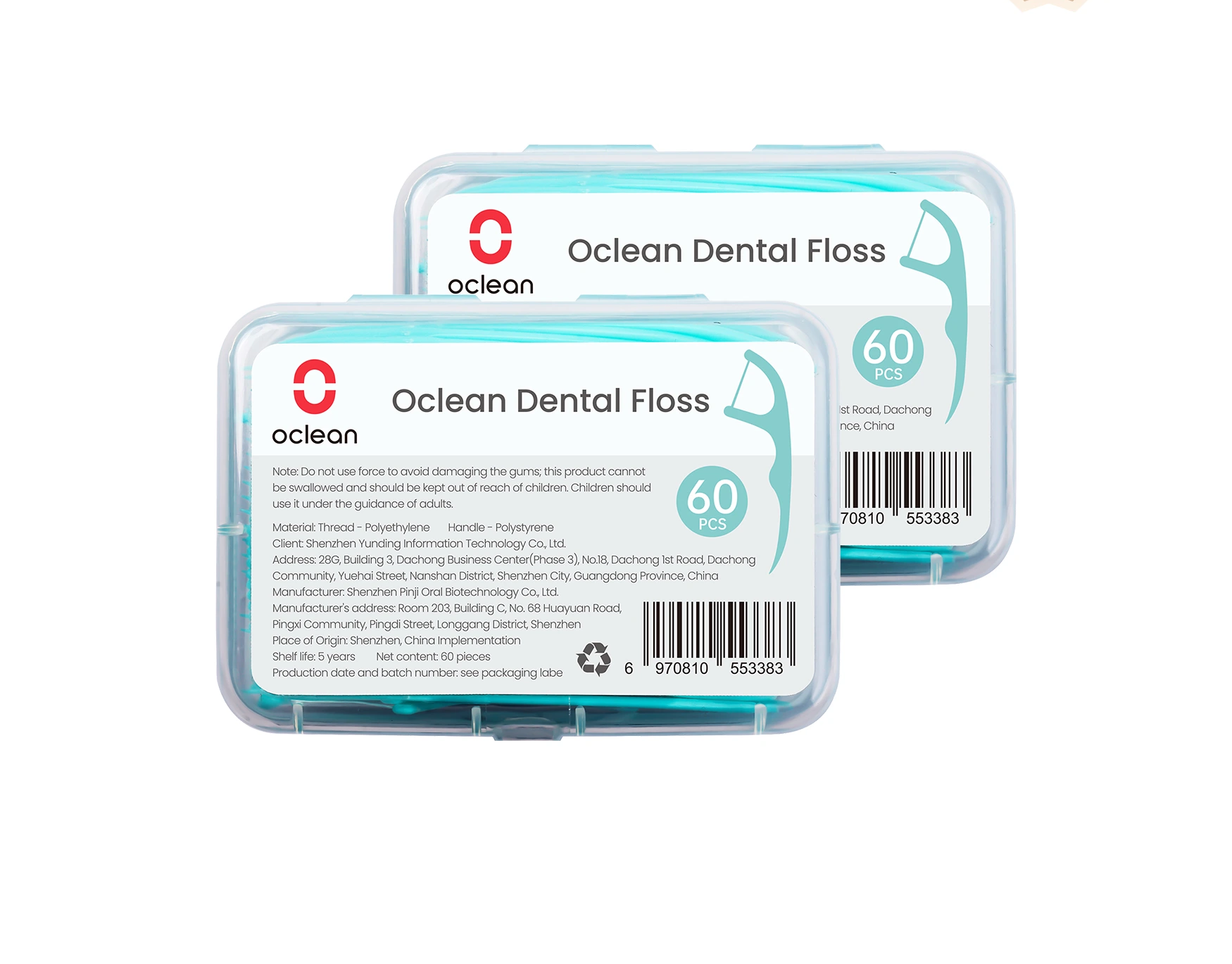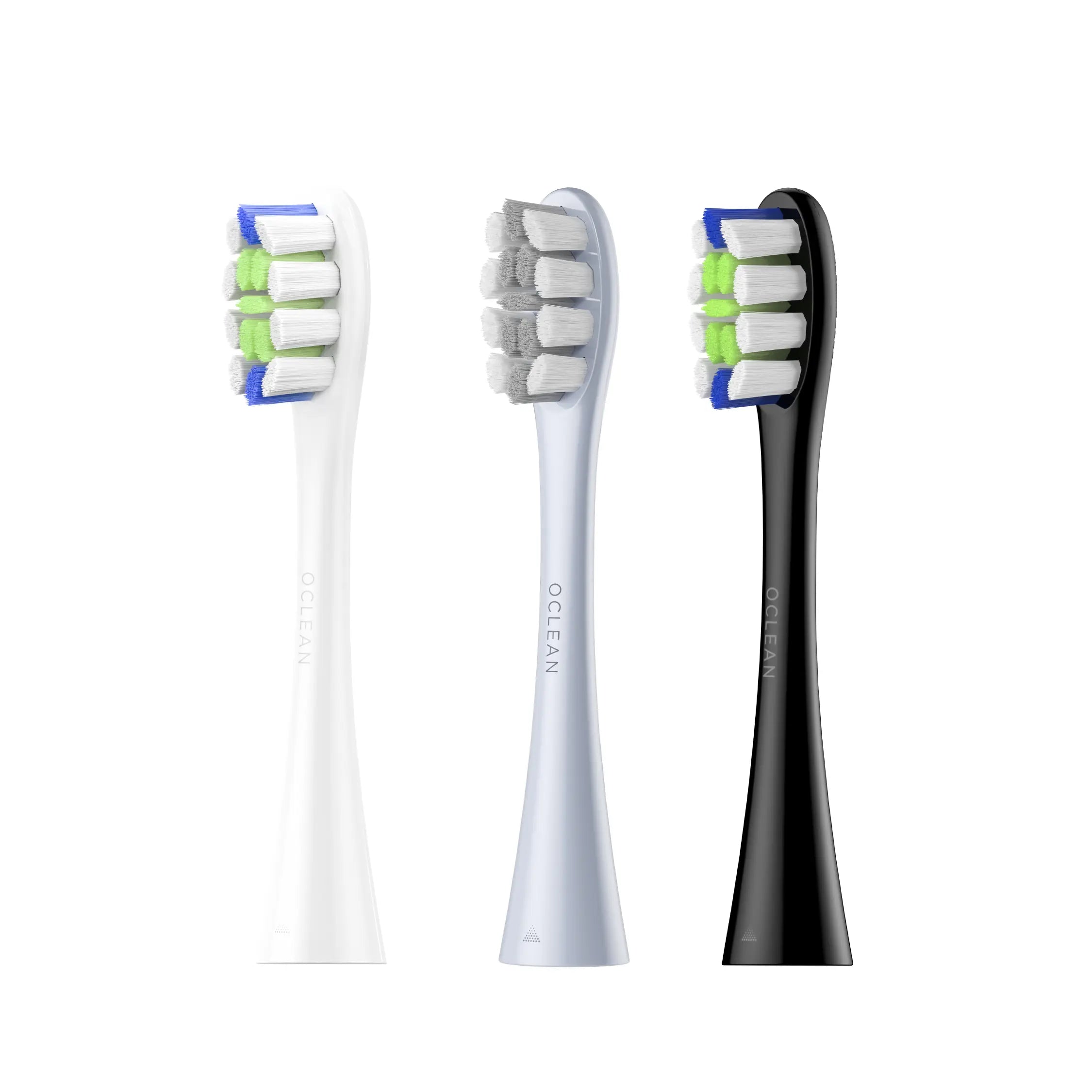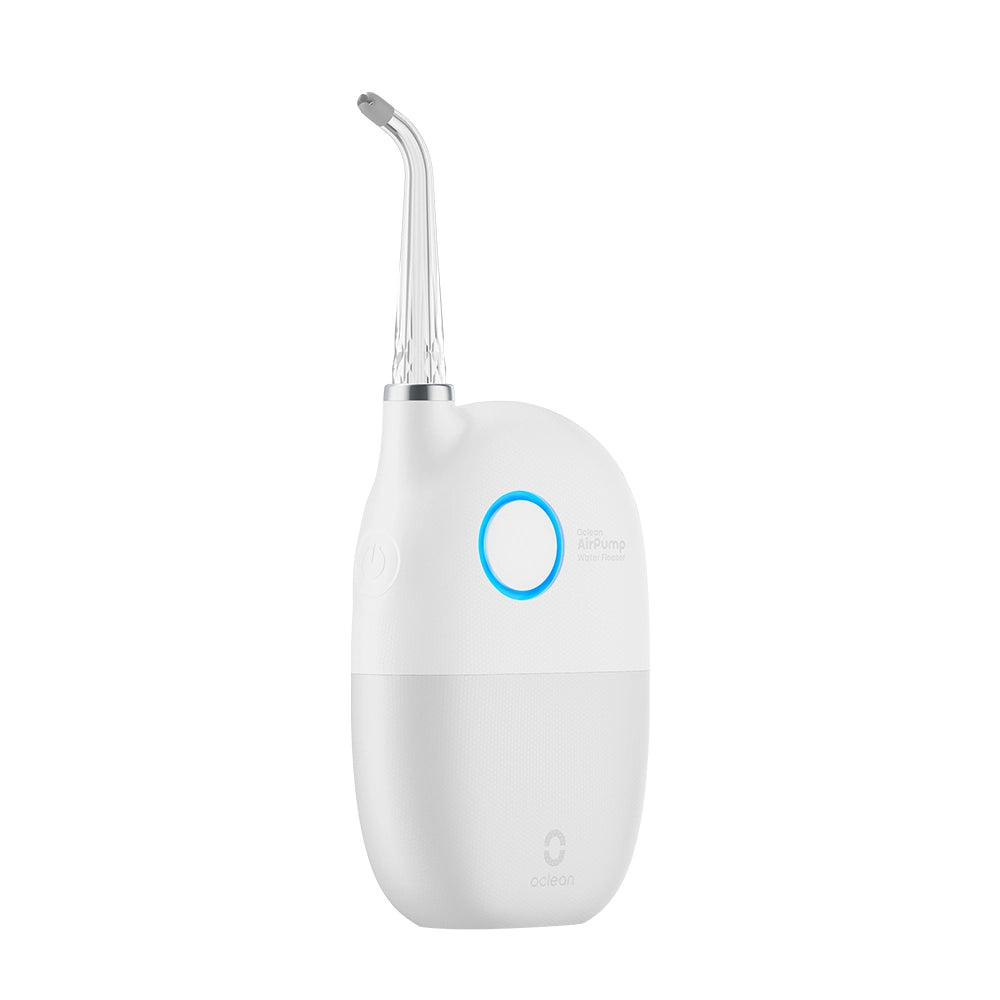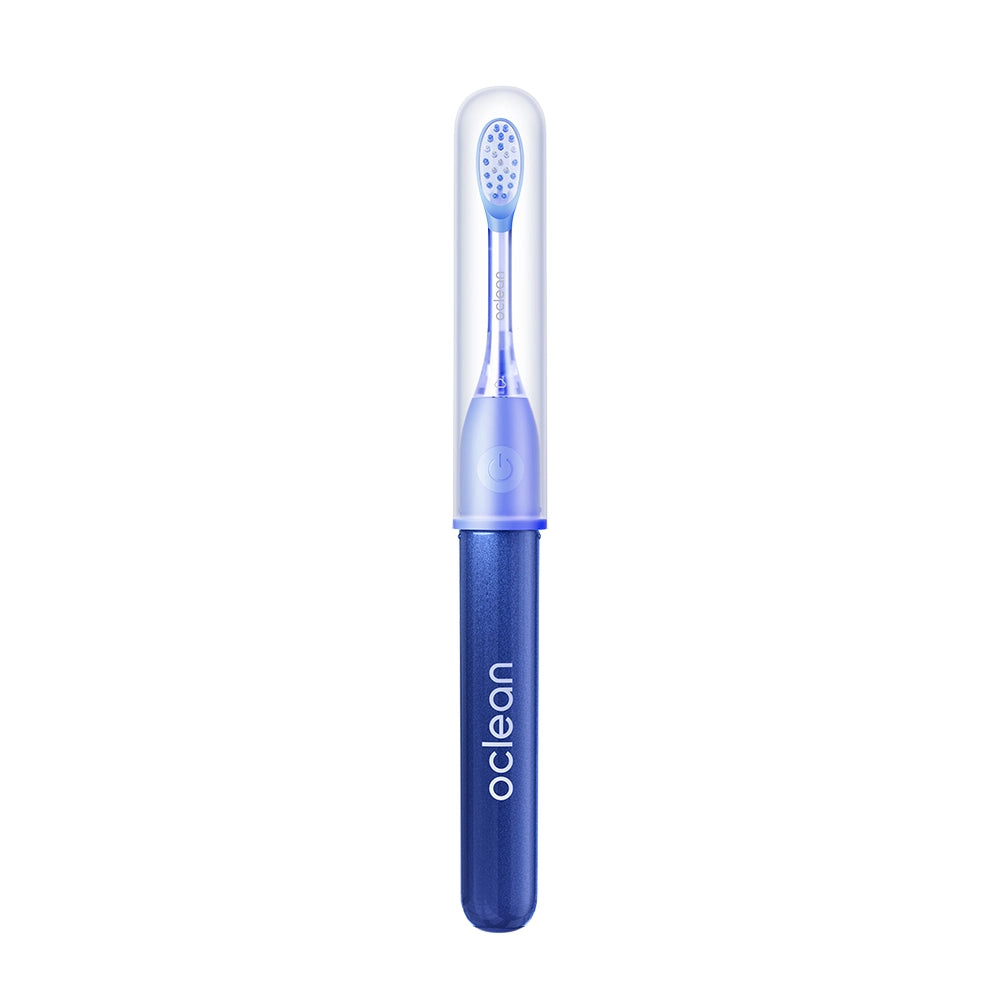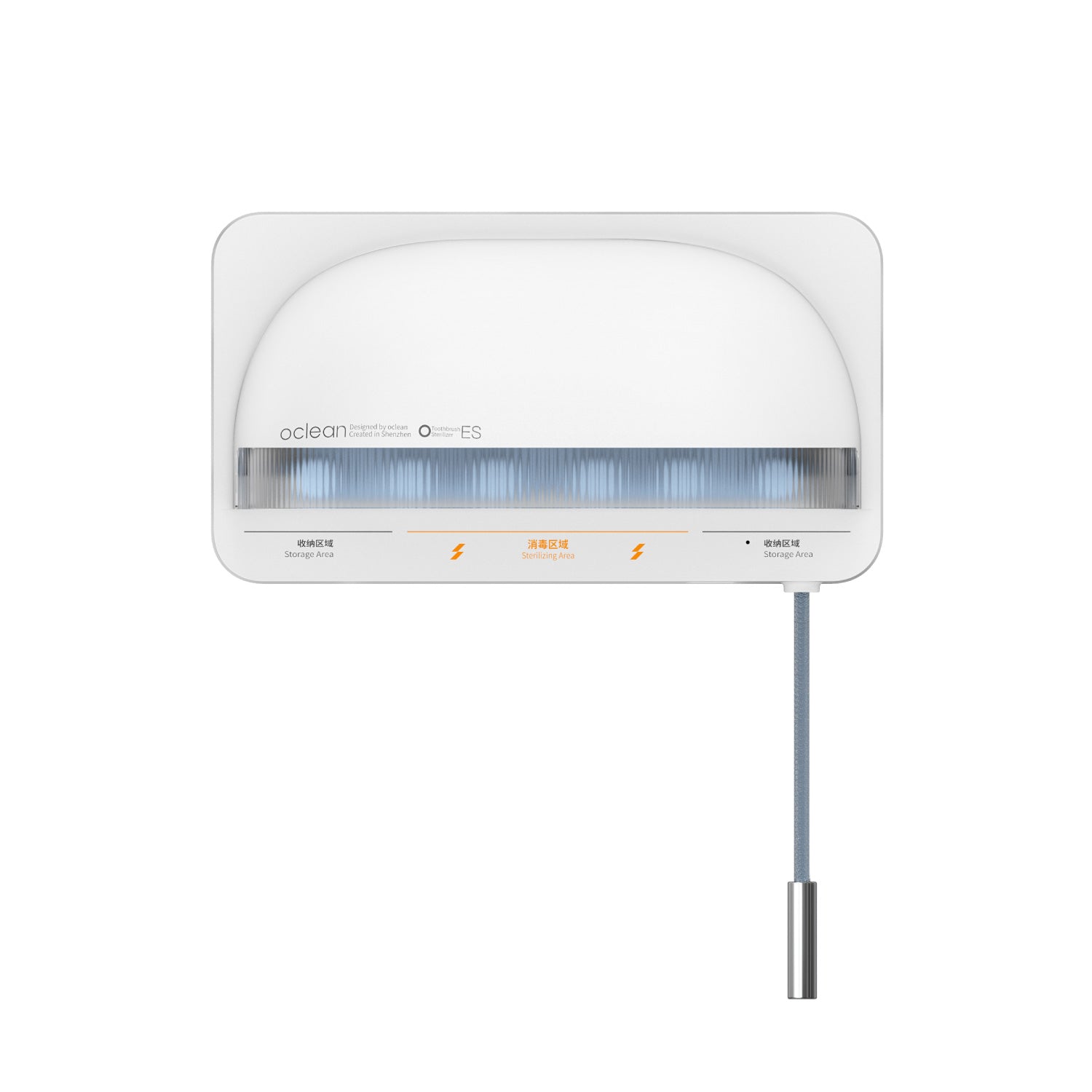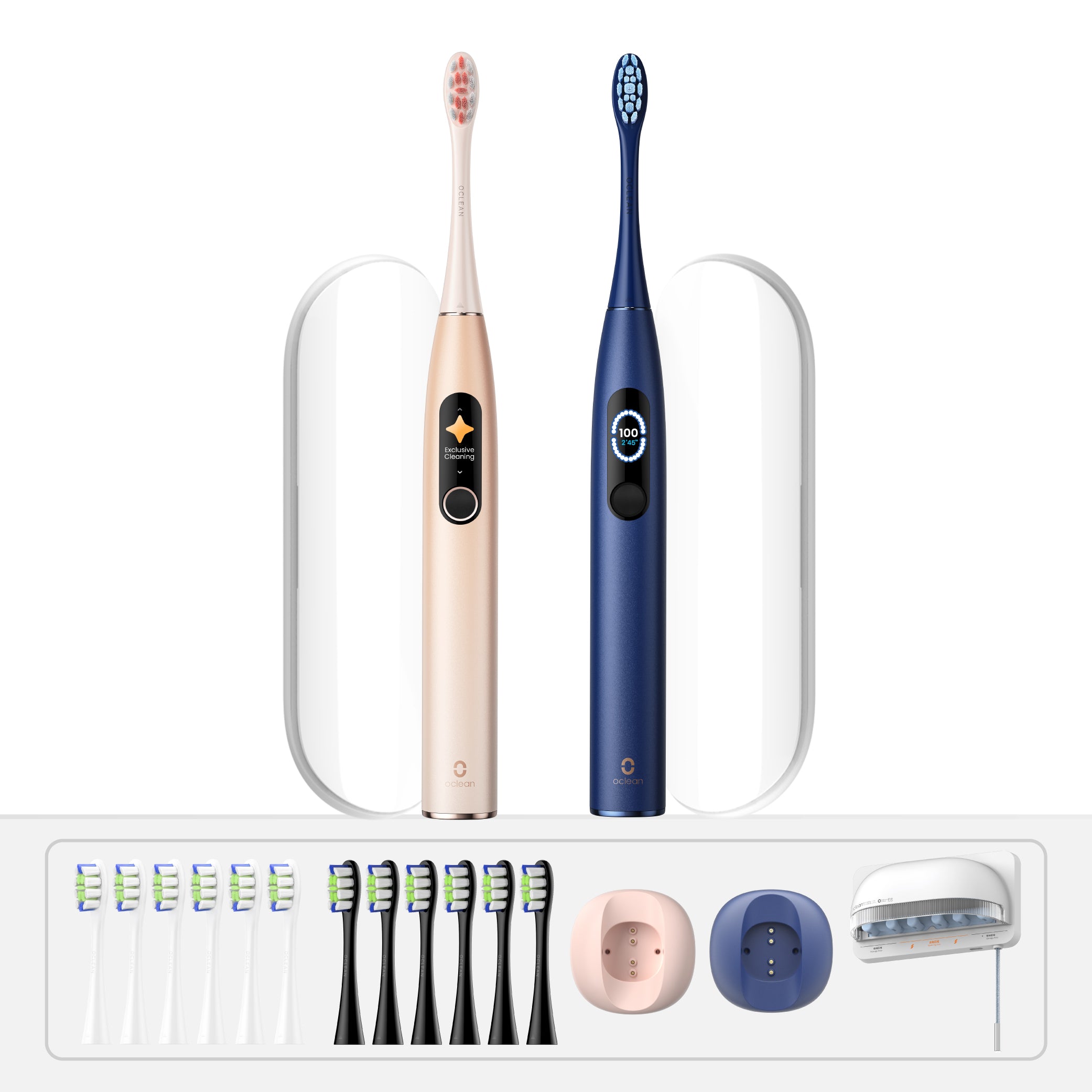A tooth infection is perhaps the most painful thing you'll ever endure. You've probably heard someone say that a quick Listerine swish will kill off all the discomfort and pain. But is it true, or is it merely an internet legend? If you're wondering whether or not Listerine is actually capable of killing a tooth infection, you're not alone.
In this article, we will examine whether or not Listerine kills tooth infections. We will also examine the dangers of depending on mouthwash to cure the issue and what actually eliminates a tooth infection.

What is a Tooth Infection?
A tooth infection, or abscessed tooth, occurs when bacteria penetrate the pulp of the tooth, the soft tissue inside. This is typically due to untreated cavities, gum disease, or a cracked tooth, which provides an avenue for bacteria to penetrate and infect.
Tooth infection symptoms are hard to ignore. You can have a bad taste in your mouth, fever, gum swelling, and even experience severe toothache. Pain ranges from mild to severe, which makes eating, speaking, or even concentration a challenge.
If not treated, a tooth infection will spread to the surrounding tissue and lead to complications. Therefore, having the symptoms diagnosed early and being treated professionally by a dentist before the infection gets out of hand is crucial.
While mouthwashes like Listerine can temporarily knock down the symptoms by killing some bacteria on the surface, they will not treat the underlying cause of the infection. The infection will simply continue to worsen unless professionally treated, and eventually, it will require more dental work in the form of root canals or, worse, the tooth being removed.
You can read more about How Long Can a Tooth Infection Go Untreated to understand the dangers of leaving it untreated.
How Does Listerine Work?
Listerine is a well-known over-the-counter mouthwash that's made with a combination of essential oils and alcohol, which has antibacterial properties. The mouthwash kills the bacteria that are responsible for bad breath and plaque formation and provides a temporary oral hygiene solution.
The active ingredients of Listerine, including eucalyptol, menthol, thymol, and methyl salicylate, combine to attack and kill bad bacteria in your mouth. This makes it a good weapon against gum disease and general oral health.
However, Listerine's use in the treatment of tooth infections is much more limited. Sure, it may kill some of the surface bacteria in your mouth, but it can't reach inner layers, such as the pulp of an infected tooth. So that means that while Listerine may kill bacteria in your mouth and give you relief from bad breath for a little while, it doesn't cure the infection.
In the case of a tooth infection, which is frequently caused by bacteria deep in the tooth or gums, a more targeted treatment such as antibiotics or a visit to the dentist is needed. Listerine is to be used as part of a complete oral hygiene routine, not as a replacement for professional care in the case of a tooth infection.
Can Listerine Kill a Tooth Infection?
So, can Listerine kill an infection in a tooth? No.
While Listerine works wonderfully to kill bacteria on the surface and end halitosis, it cannot kill the infection that lies below the surface of a tooth. A tooth infection typically is bacteria that have moved into the pulp, the soft tissue inside the tooth, and has typically extended into the gums and bone that surround the tooth. Listerine cannot reach far enough into the tooth or gums to kill this kind of bacterial growth.
Listerine and other mouthwashes are able to control oral bacteria by limiting plaque and enhancing gum health but are not utilized in the treatment of more serious diseases such as abscesses or tooth infections. If you are infected by a tooth infection, using mouthwash to treat it is not only ineffective but will also delay treatment.
Risks of Listerine Use for Tooth Infections
While using Listerine may be convenient, using it to repair an infection in your tooth is dangerous. First, the alcohol content in Listerine is enough to irritate sensitive mouth tissues, especially where you have an ongoing infection. The stinging feeling you get whenever you use mouthwash becomes painful, considering that your gum or the oral tissue around an infected tooth will already be sensitive.
Also, relying on Listerine to "cure" your infection can lull you into a false sense of security. The bacteria causing you to be ill are still in the deeper layers of your gum or tooth, and the infection will not go away without the help of a dentist. This delay may cause the infection to spread and more severe health problems to develop. If the tooth infection is left untreated, it can spread to other parts of your body, causing more severe health problems, such as abscesses or even sepsis.
It's also important to note that although Listerine does cut down on plaque and bacteria, it doesn't provide the healing that an actual infection requires. Using Listerine on an infection might mask the symptoms for a little while but will never cure it, which is a dangerous remedy for your dental well-being. Always consult a dentist if you think you have an infection in your tooth.
Effective Treatment of Tooth Infections
Listerine is not the answer when you are curing an infection of the tooth. The best you can do regarding an infection is to go in and visit a dentist right away. Your dentist will probably prescribe some antibiotics to kill off the bacteria that are infecting the tooth, or they will have to perform a dental procedure, like draining the abscess or a root canal. In a few cases, if the infection is severe enough, a tooth may have to be removed in order to prevent the infection from spreading.
For home management, there are a few practices that can temporarily relieve symptoms, including washing your mouth out with warm saltwater. Saltwater is anti-inflammatory and will help to temporarily relieve the discomfort of a tooth infection. Such treatments are not a replacement for professional treatment but should be conducted as an adjunct, not as an alternative.
In order to prevent future infection, oral hygiene is essential. Brushing the teeth twice daily, flossing, and rinsing with an antibacterial mouthwash like Listerine may leave your mouth clean but are not enough to cure a persistent infection. Dental checkups are also required from time to time in order to detect problems early enough before they are out of control.
For more information, see How to Cure Gum Disease Without a Dentist.

One way to improve your oral care routine and lower your risk of infections is to invest in high-quality dental equipment. The Oclean X Pro Sonic Toothbrush is a good option to use for preventing oral complications. Its high frequency sonic technology effectively eliminates plaque and bacteria from your teeth and gums compared to regular toothbrushes, making your teeth and gums healthier for longer. Adding this to your regular dental checkups will keep your oral health in perfect condition.
The Bottom Line
Although Listerine is a strong oral hygiene product in general, it is not a good remedy for the infection of a tooth. Tooth infections need to be treated by an experienced professional dentist, e.g., antibiotics, abscess drainage, or root canal, in order to cure the bacteria in the tooth.
Listerine will only relieve the symptoms temporarily but will not cure the root infection. In order to prevent future tooth infections, you must become proactive in caring for your mouth. The Sonic Toothbrush is an ideal device for a healthy mouth and gums. Equipped with its high-frequency sonic technology, it provides a cleaner mouth than the manual brush by removing plaque buildup and bacteria growth that leads to infections. Invest in the appropriate gear for optimal oral health and save yourself the pain of future tooth infections.
Table of Contents
